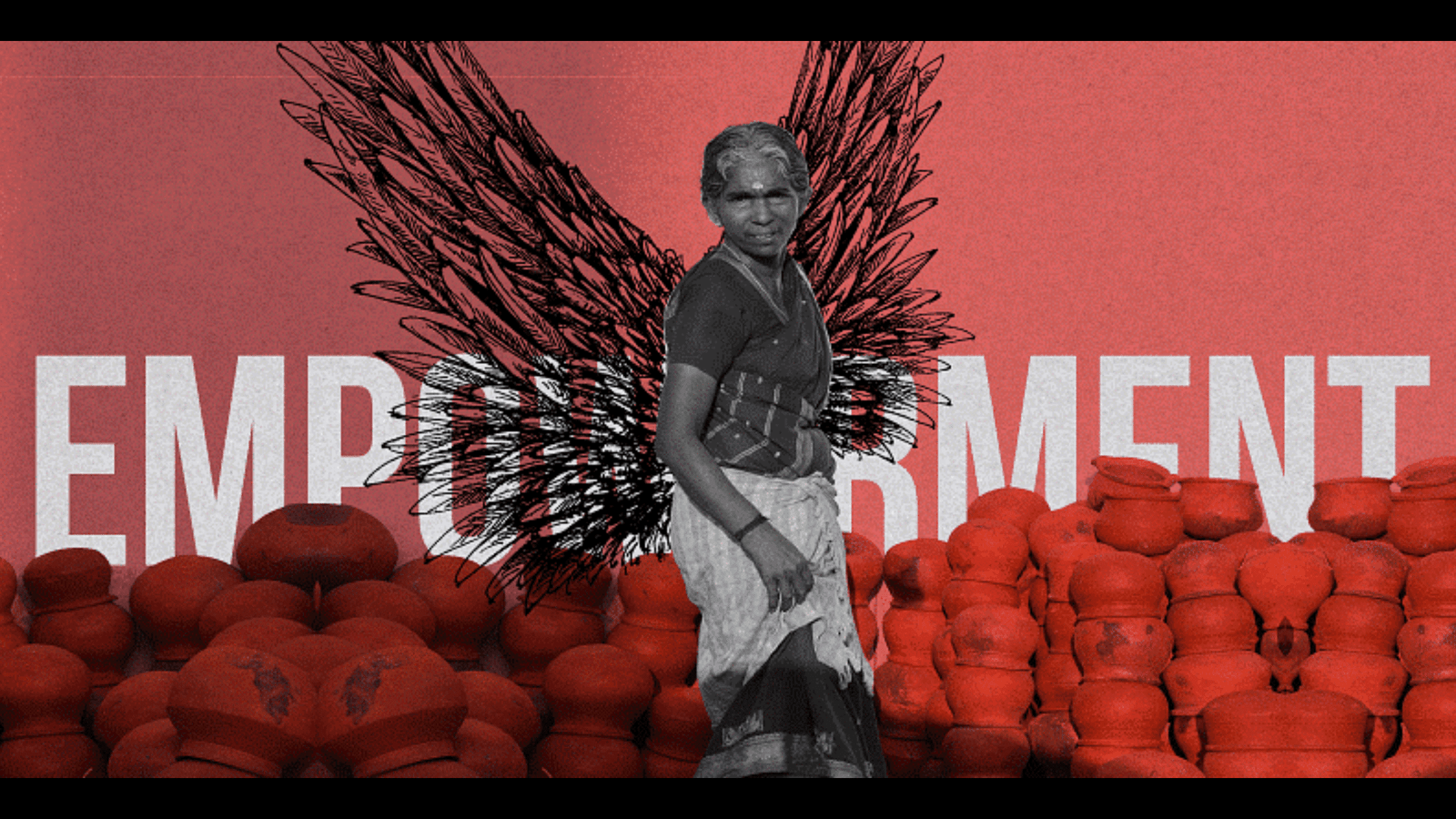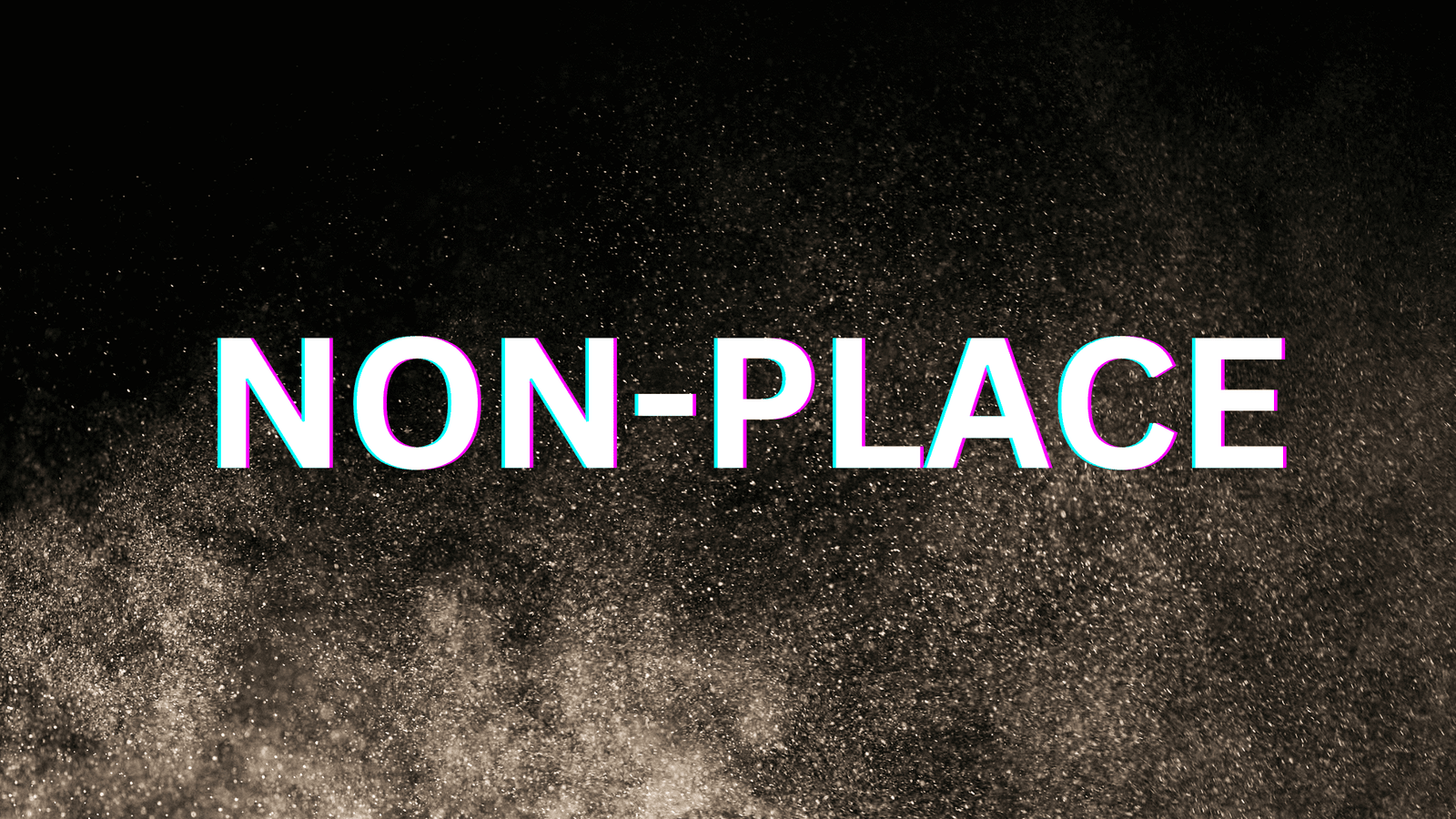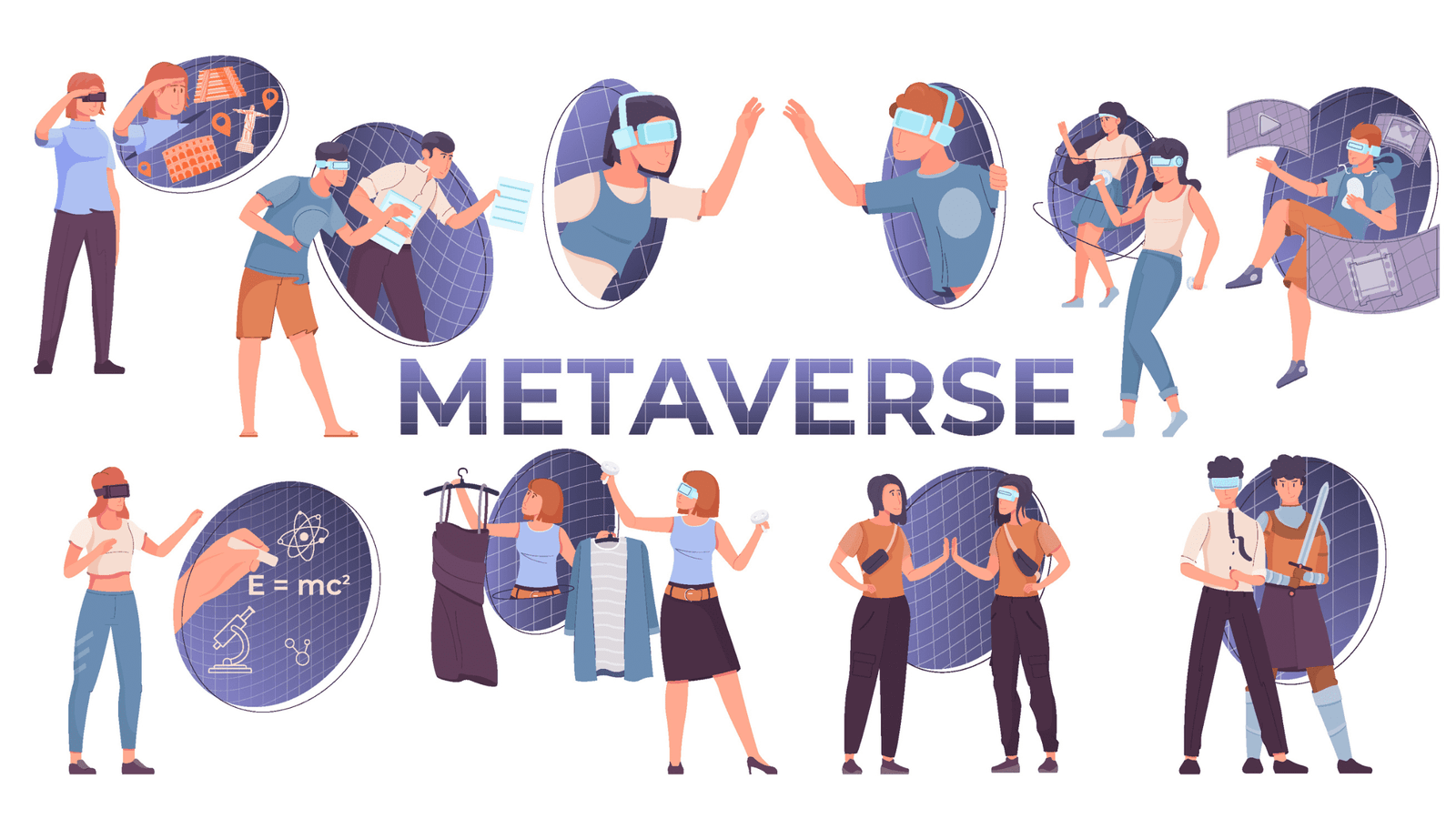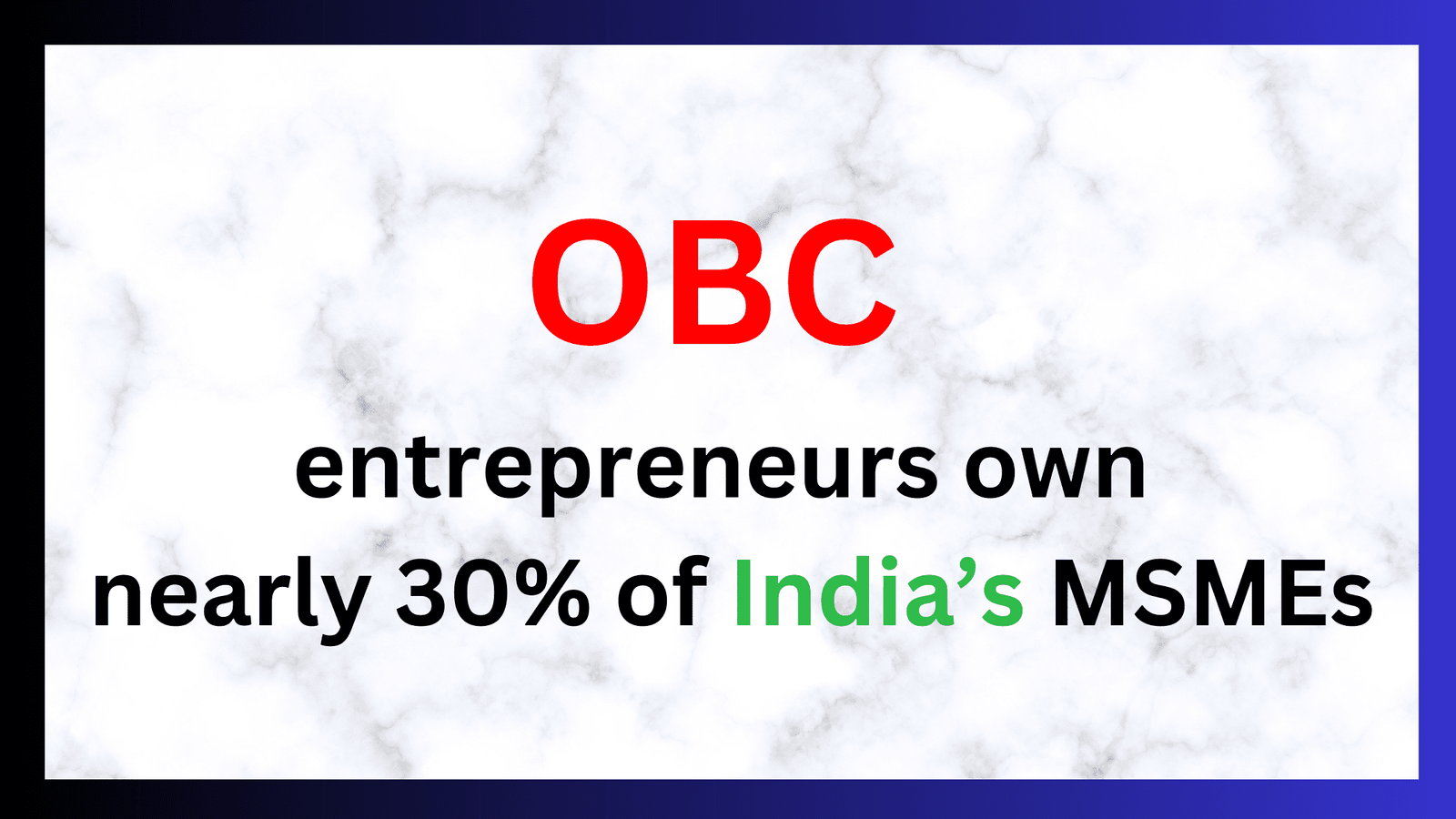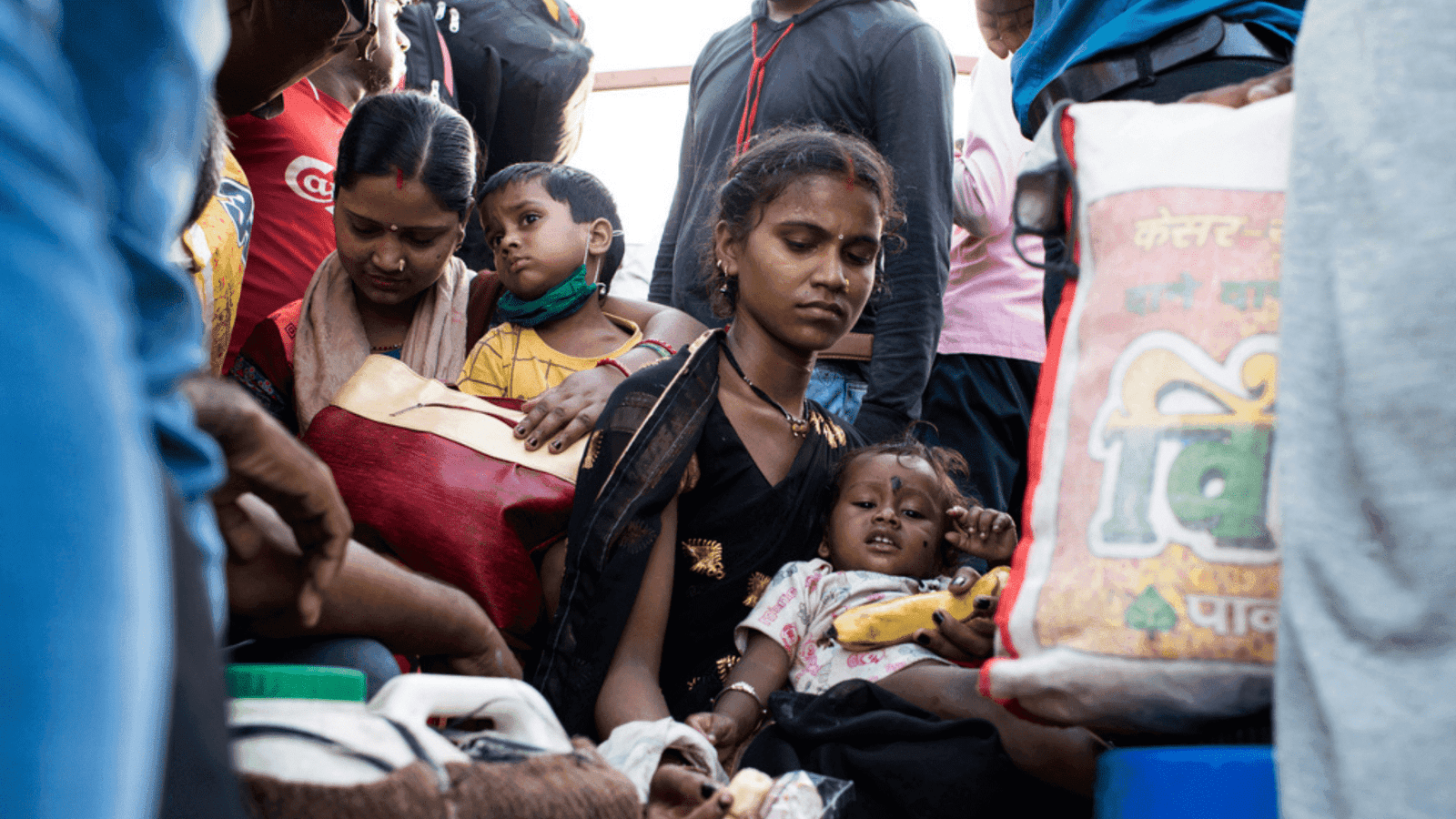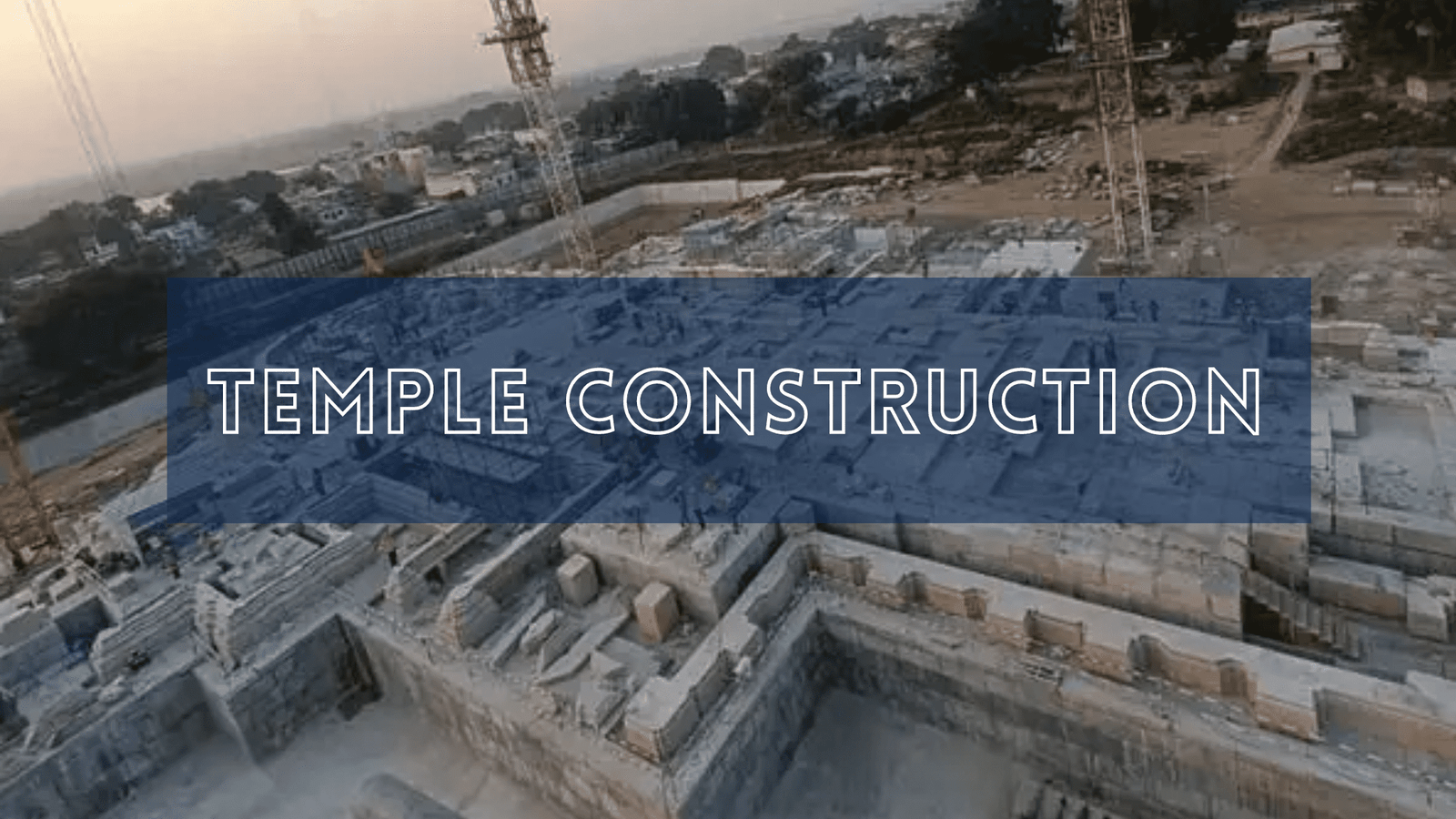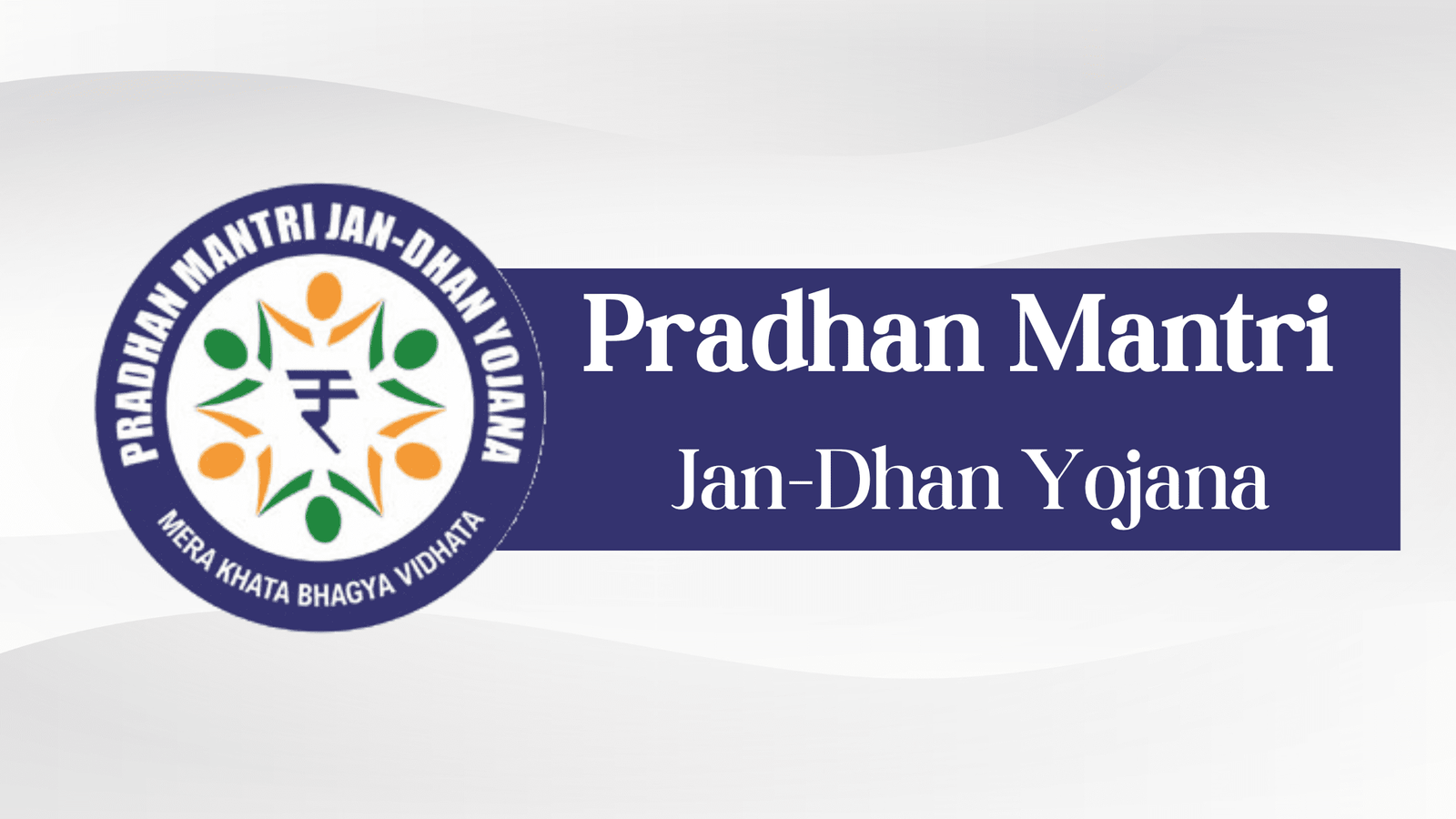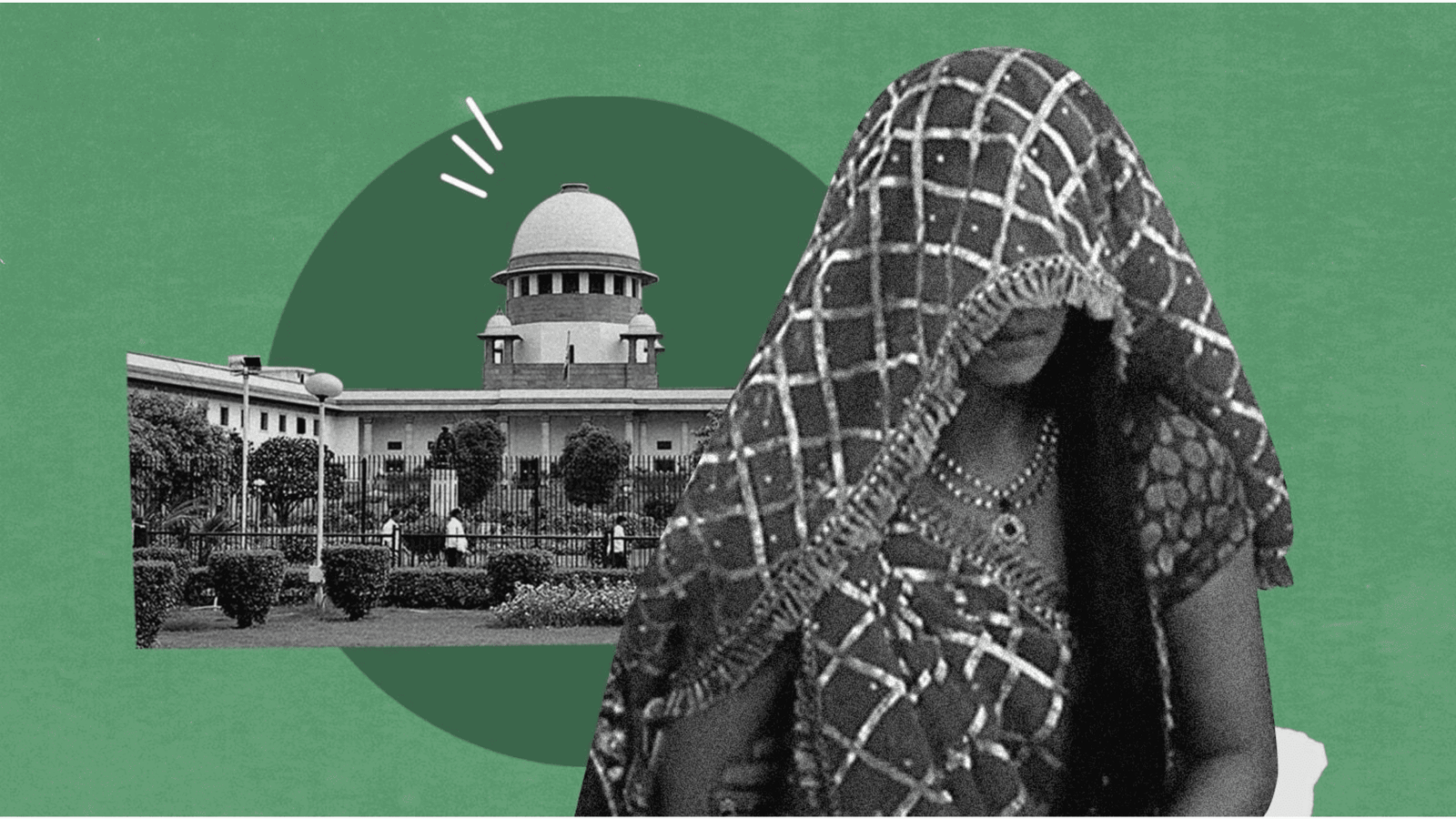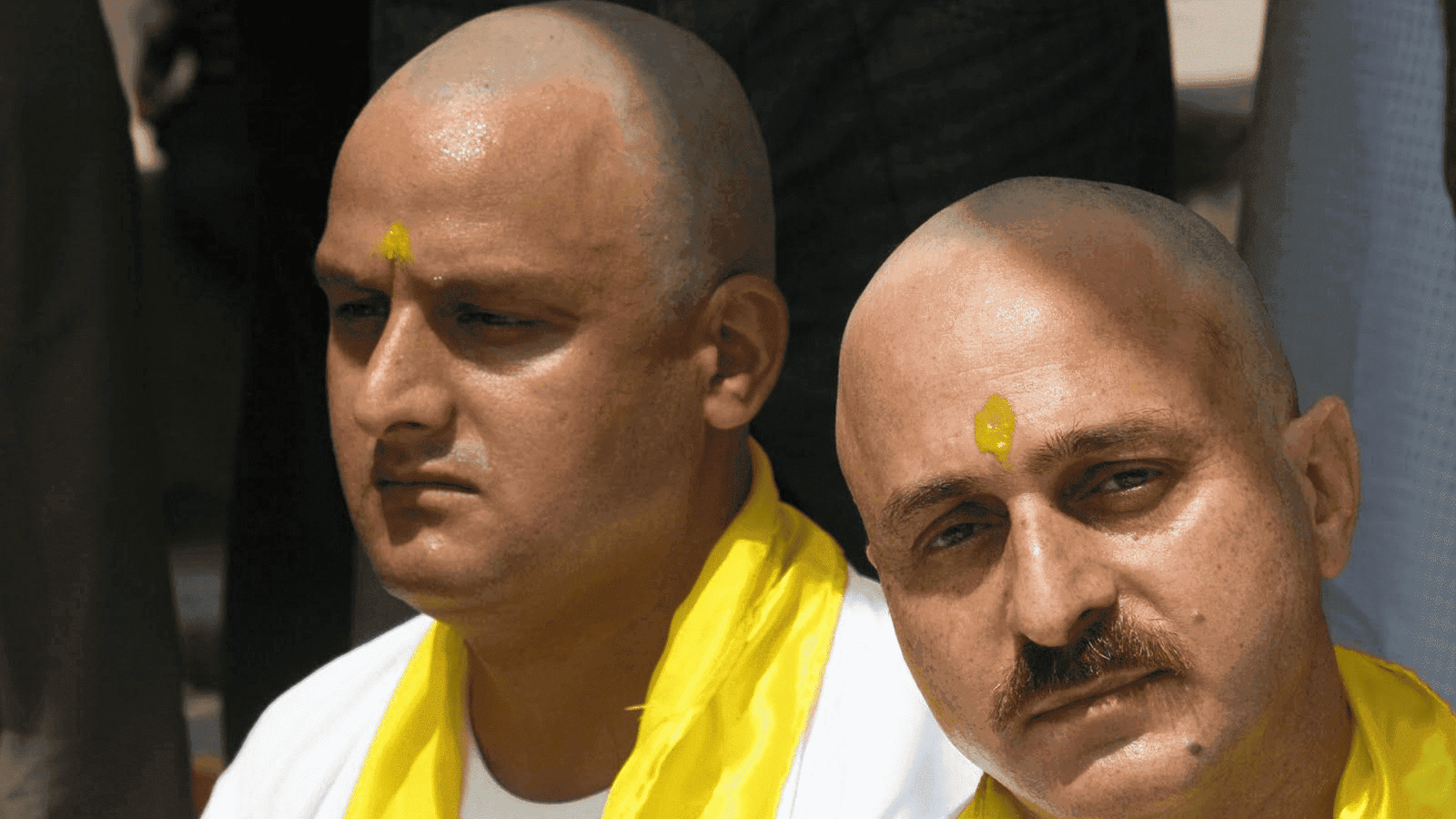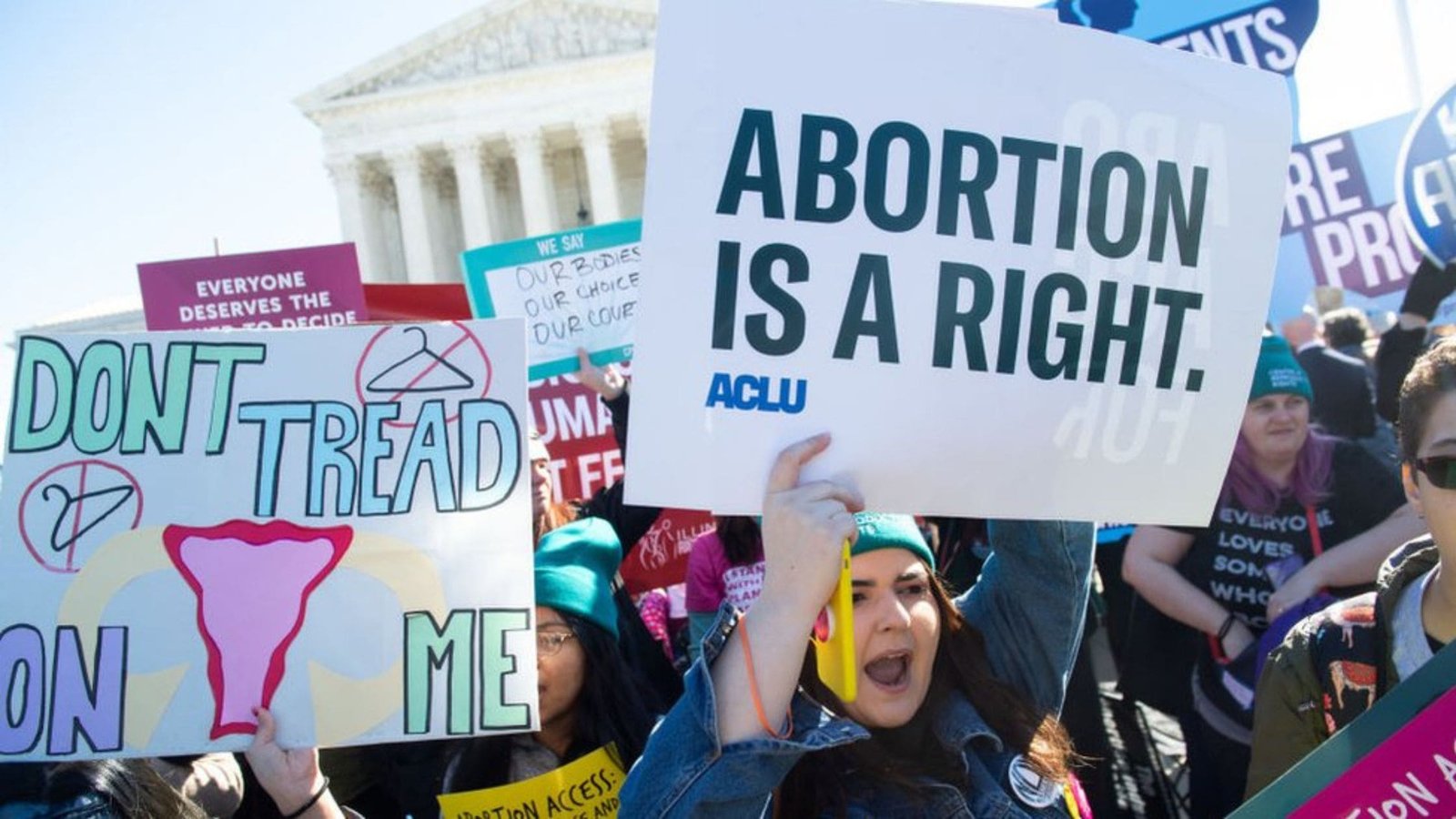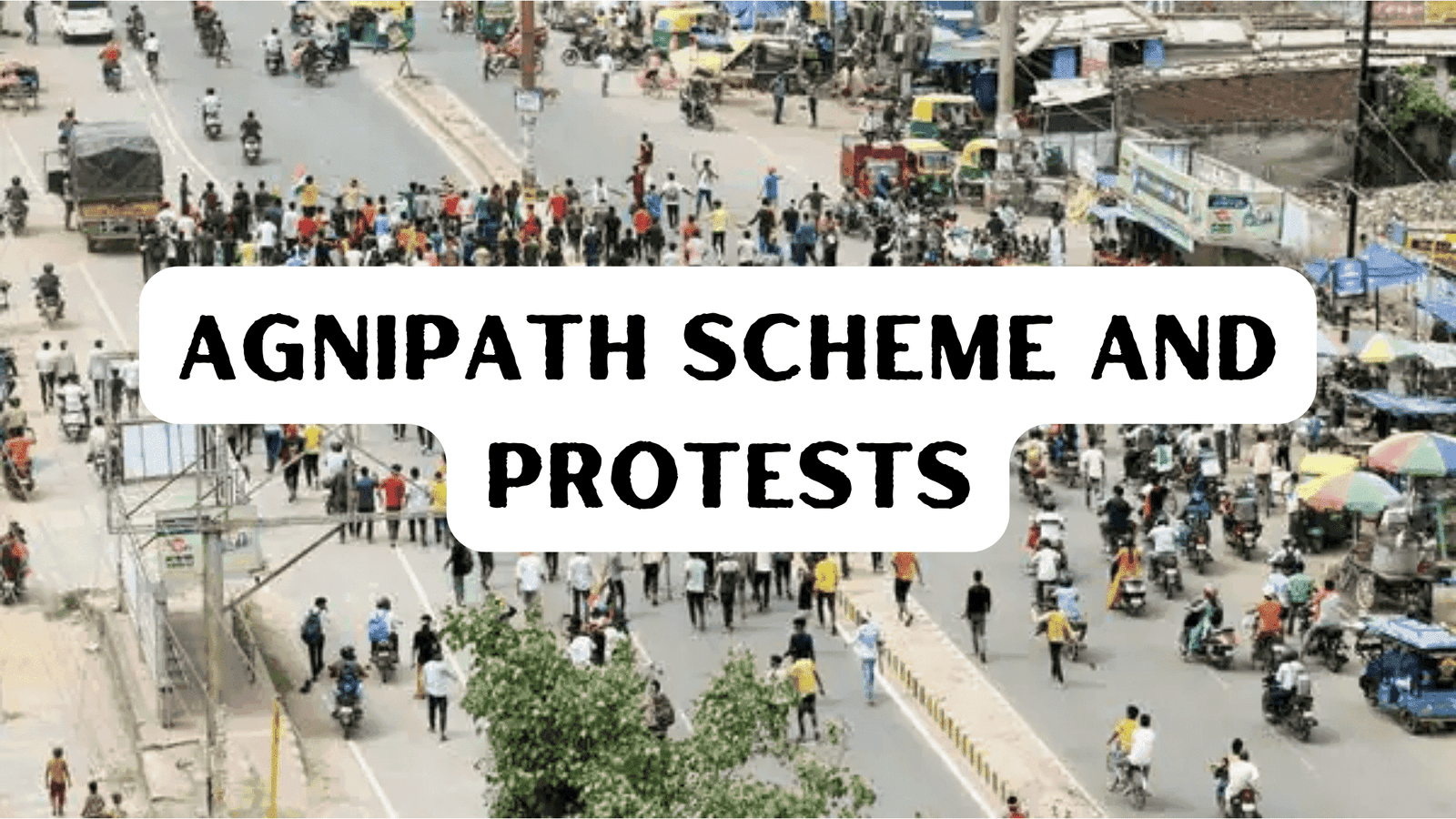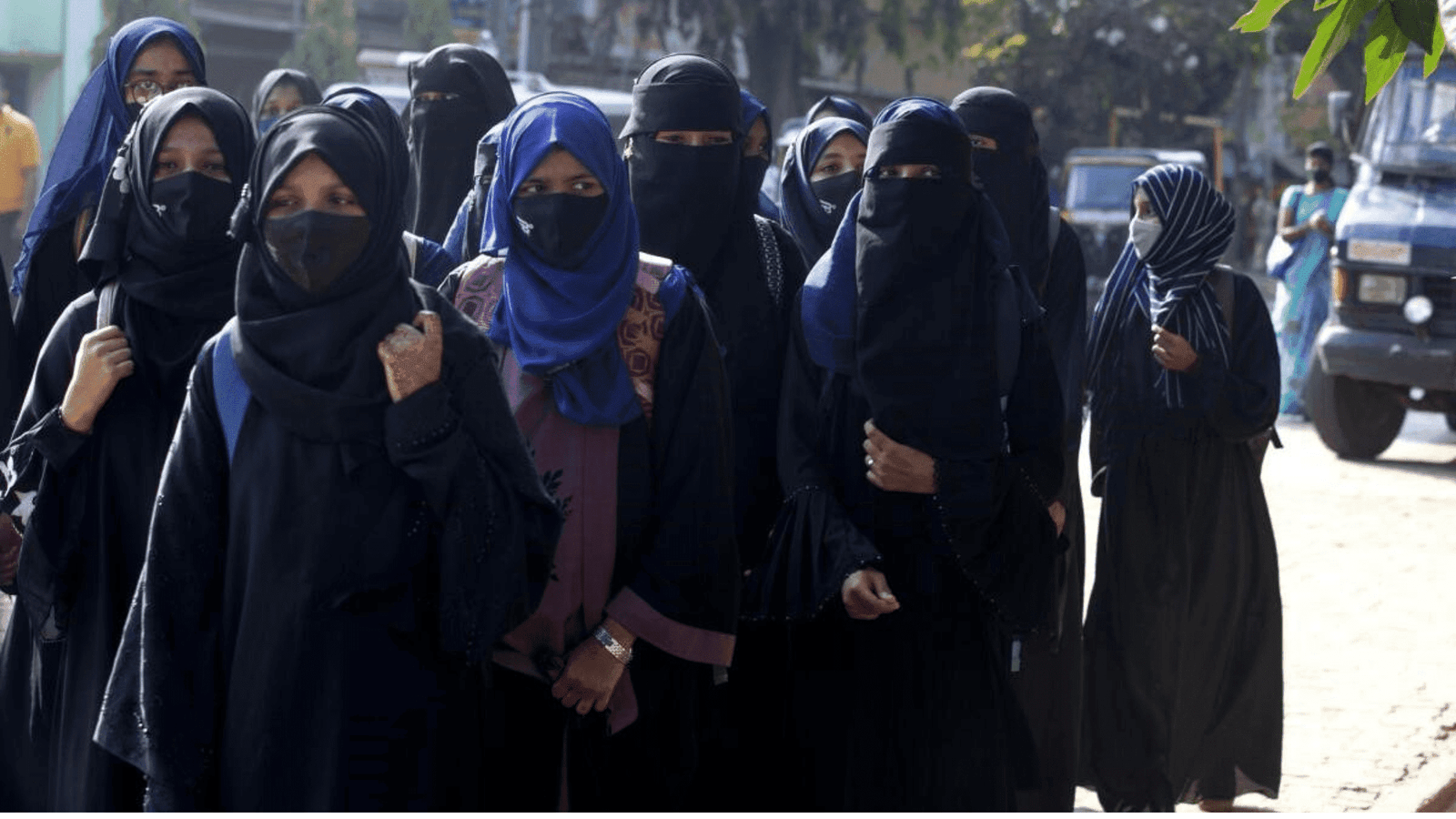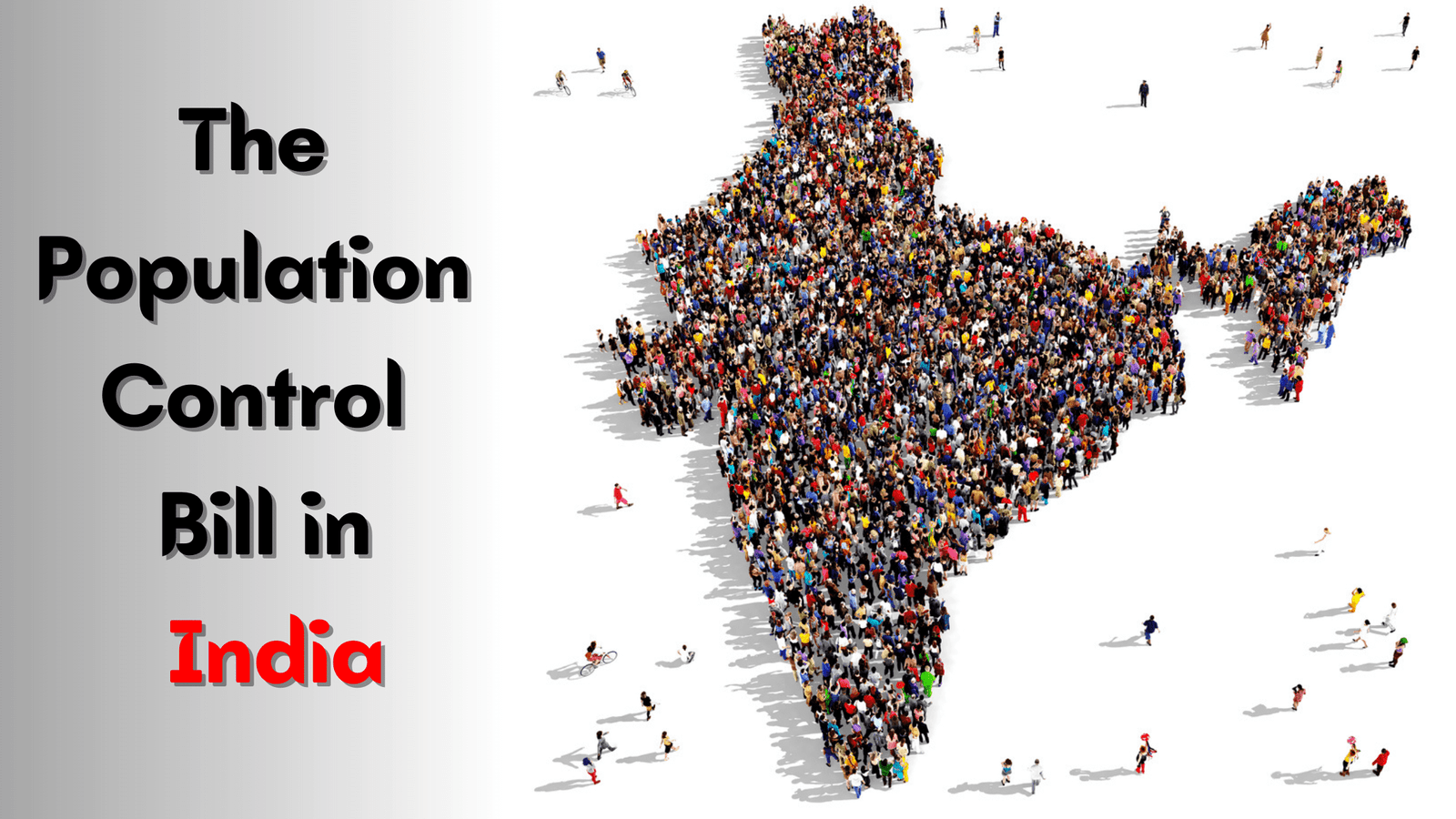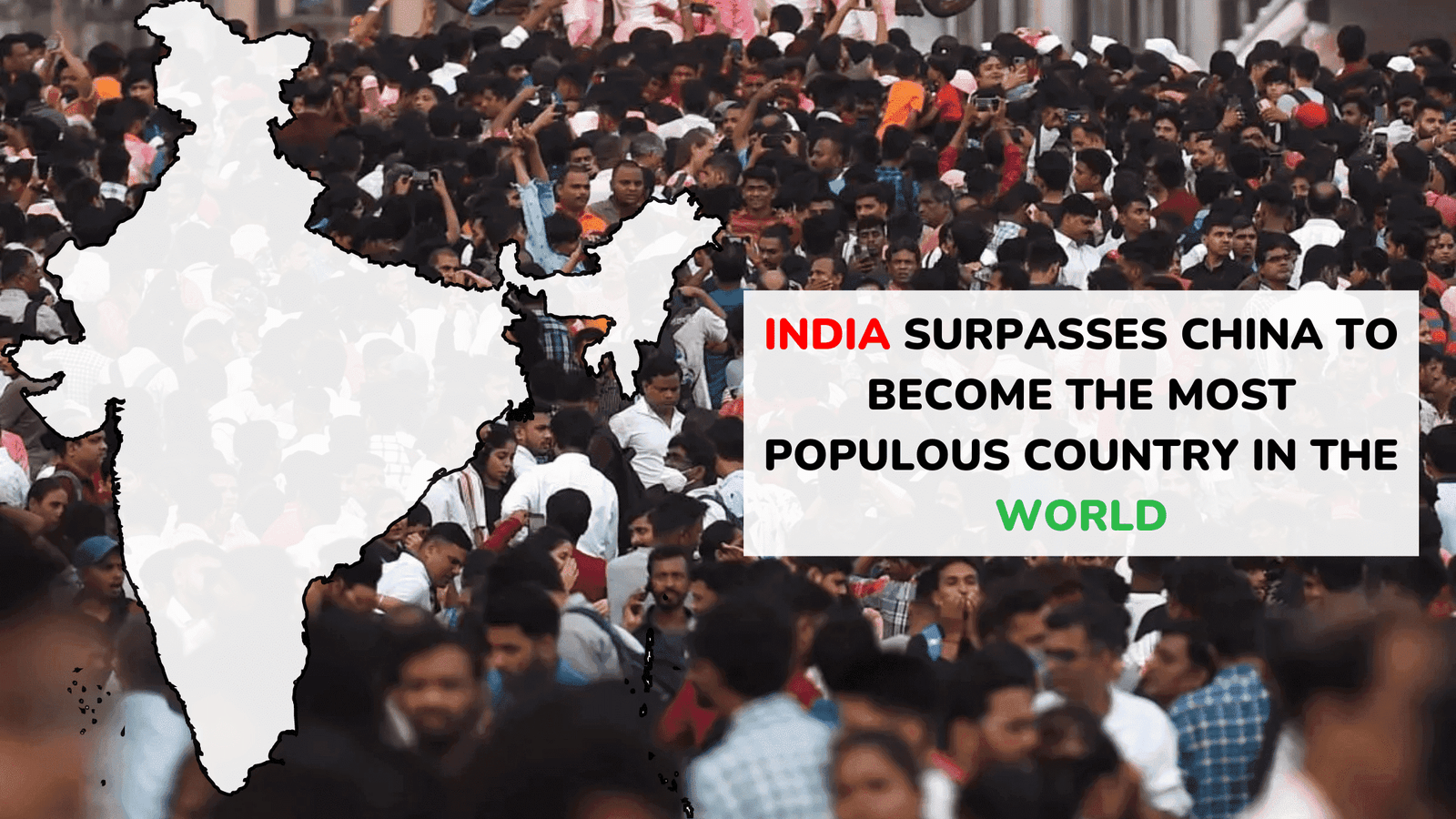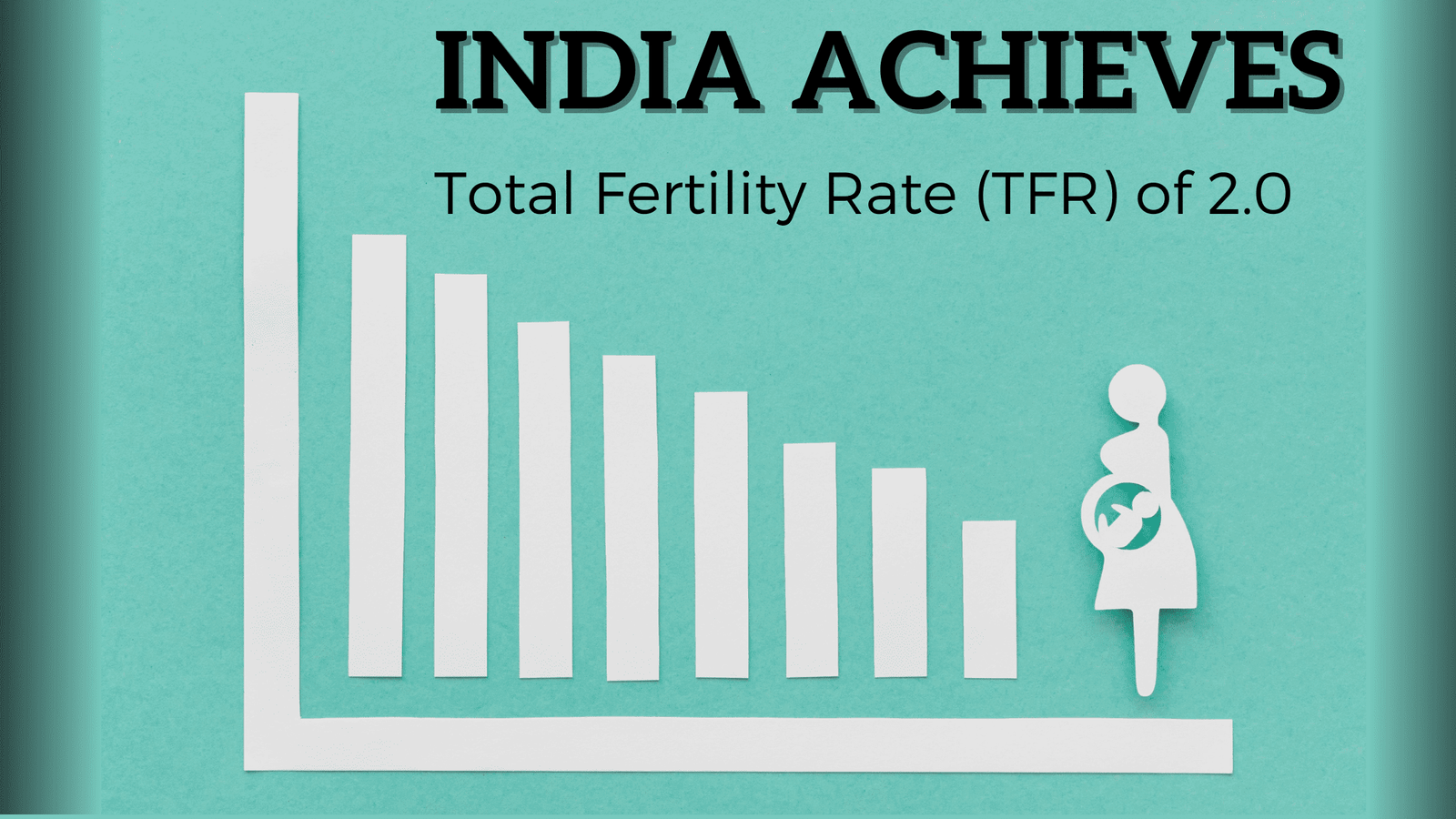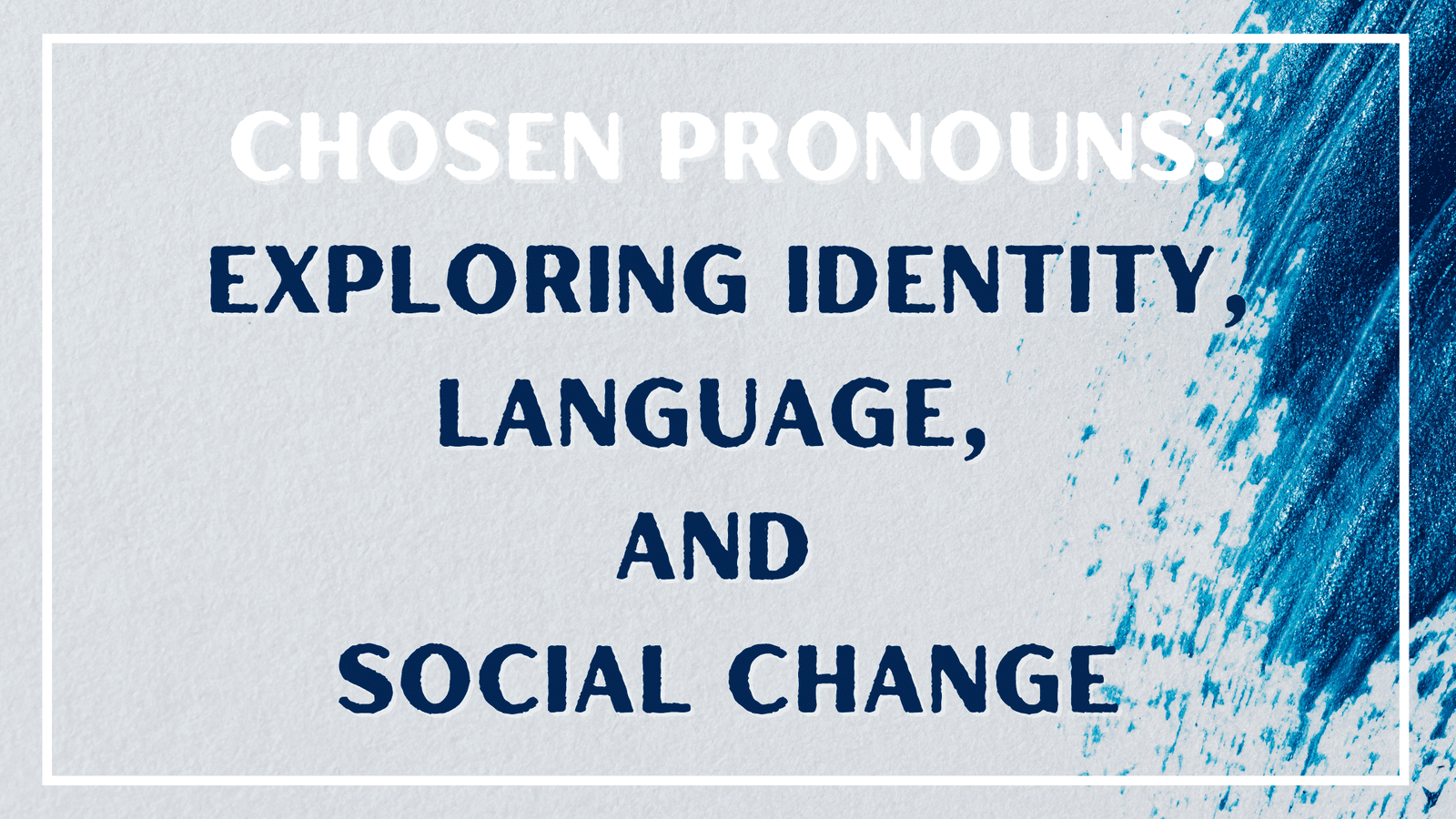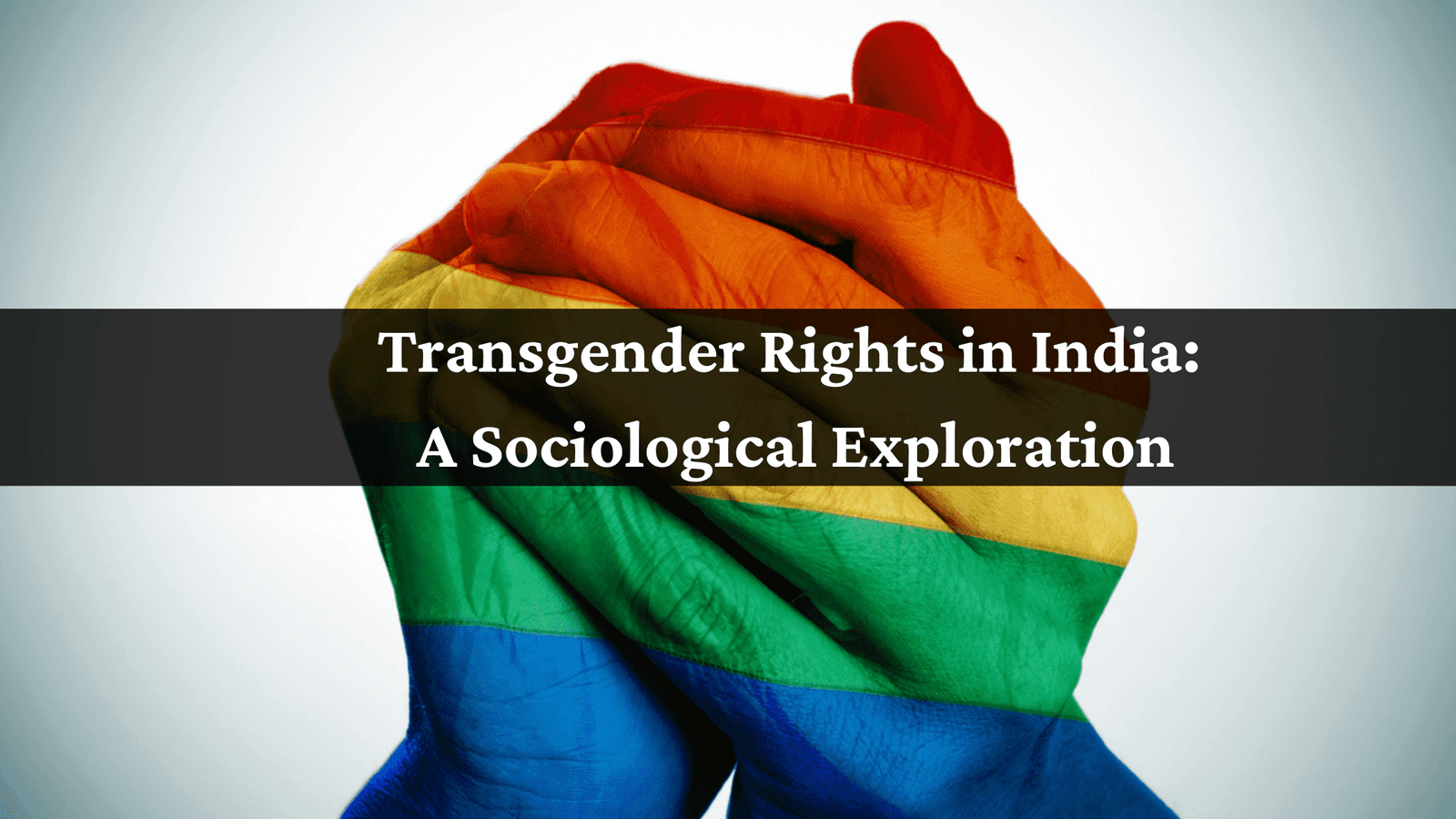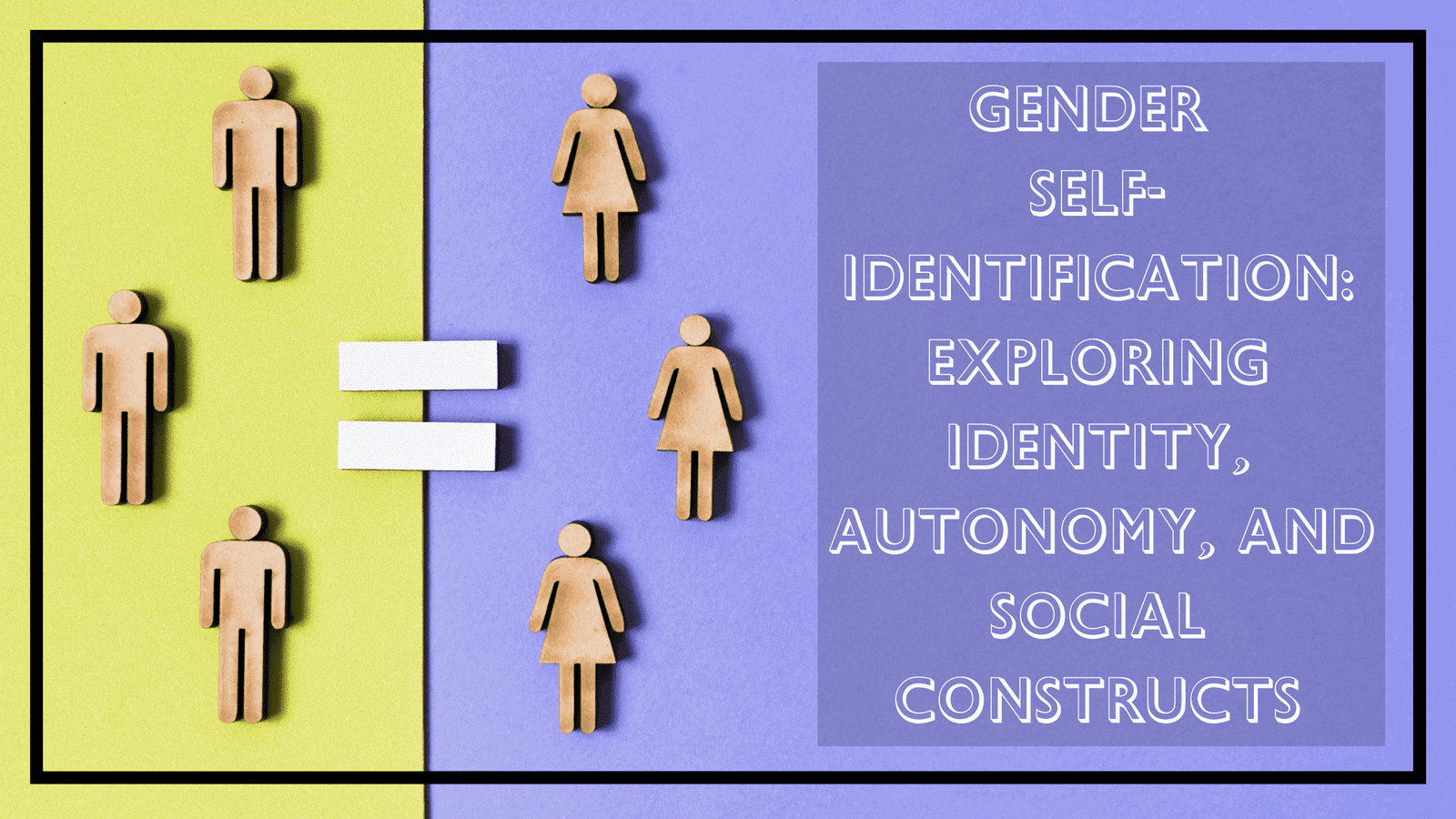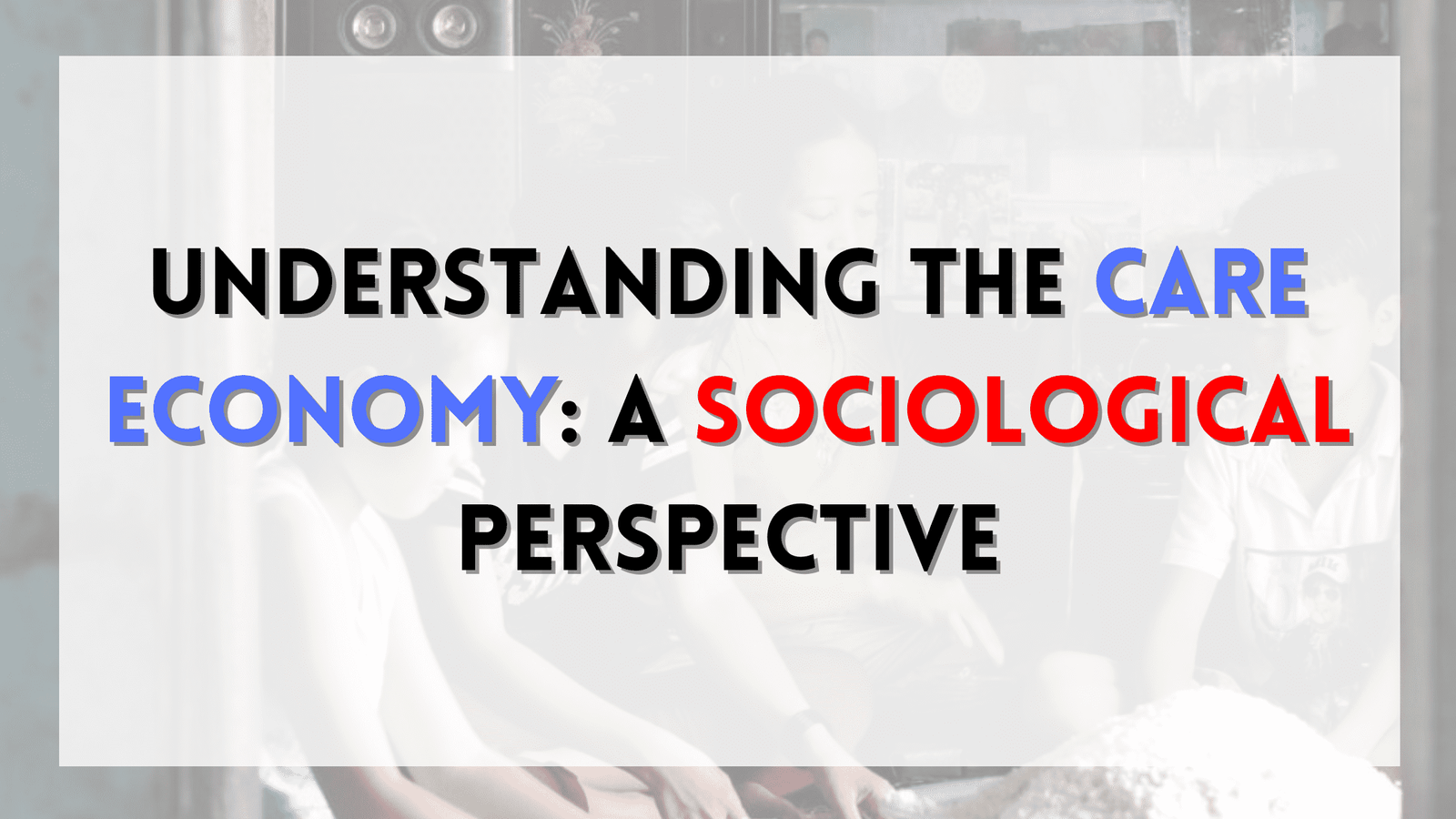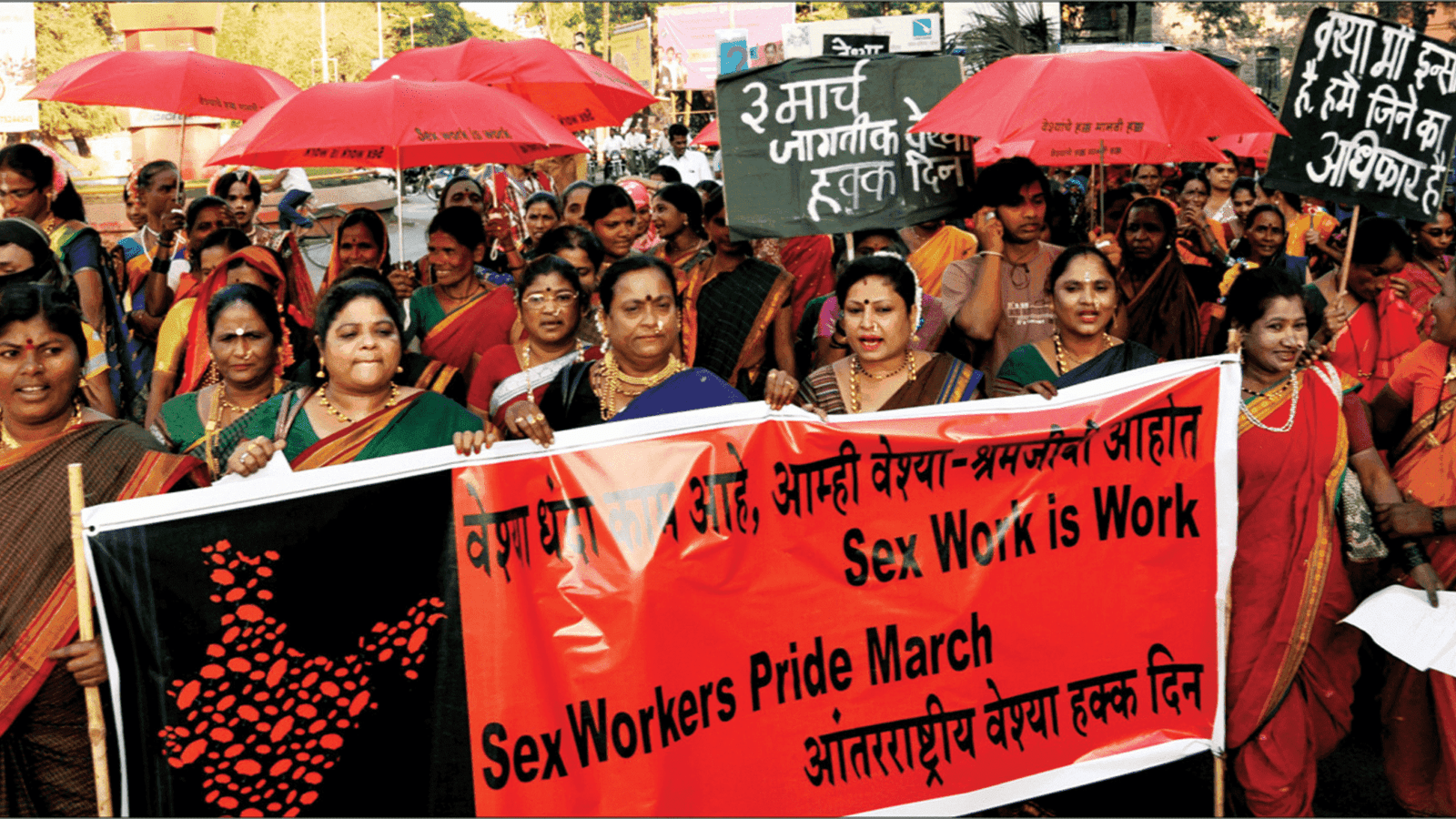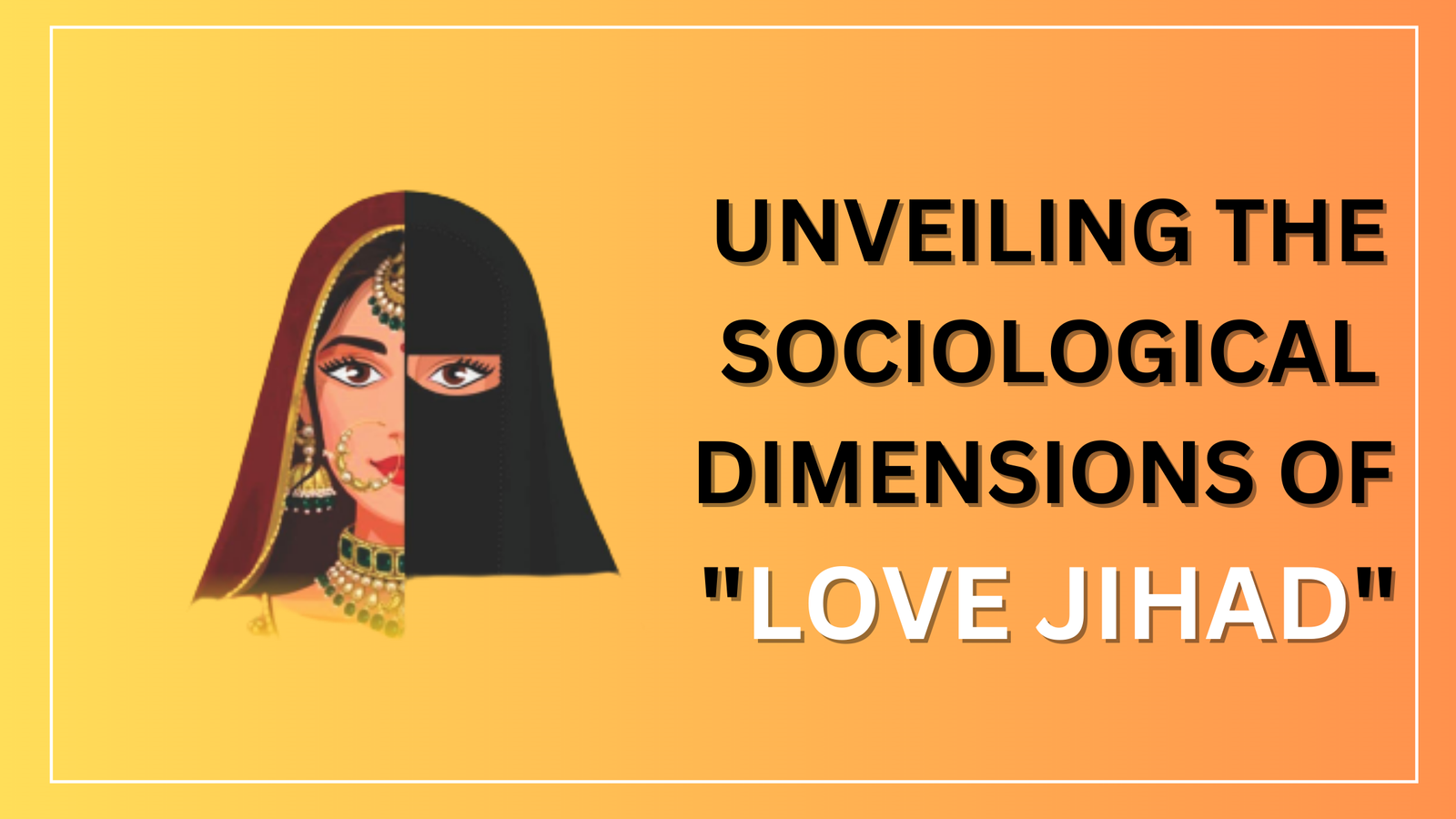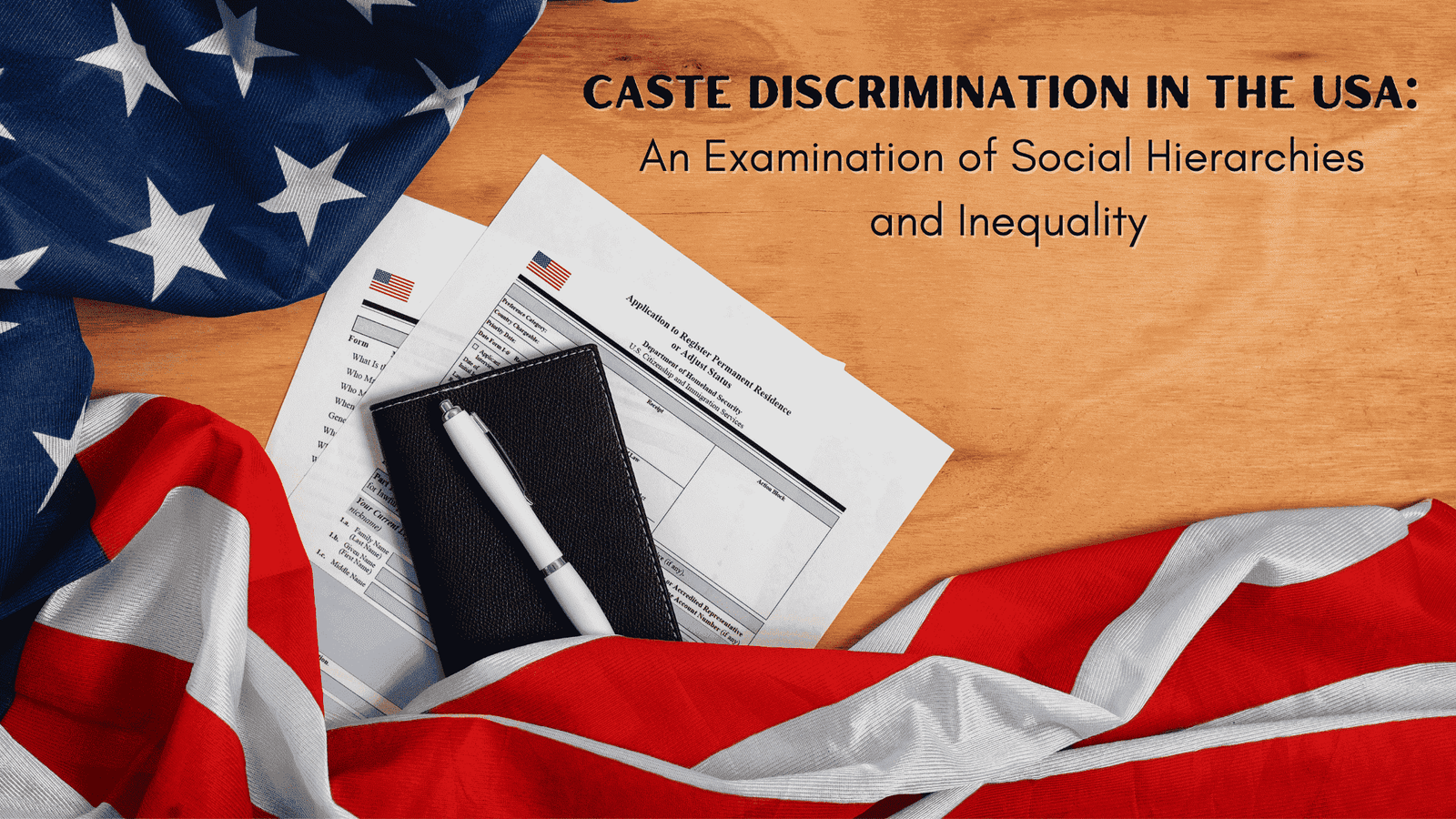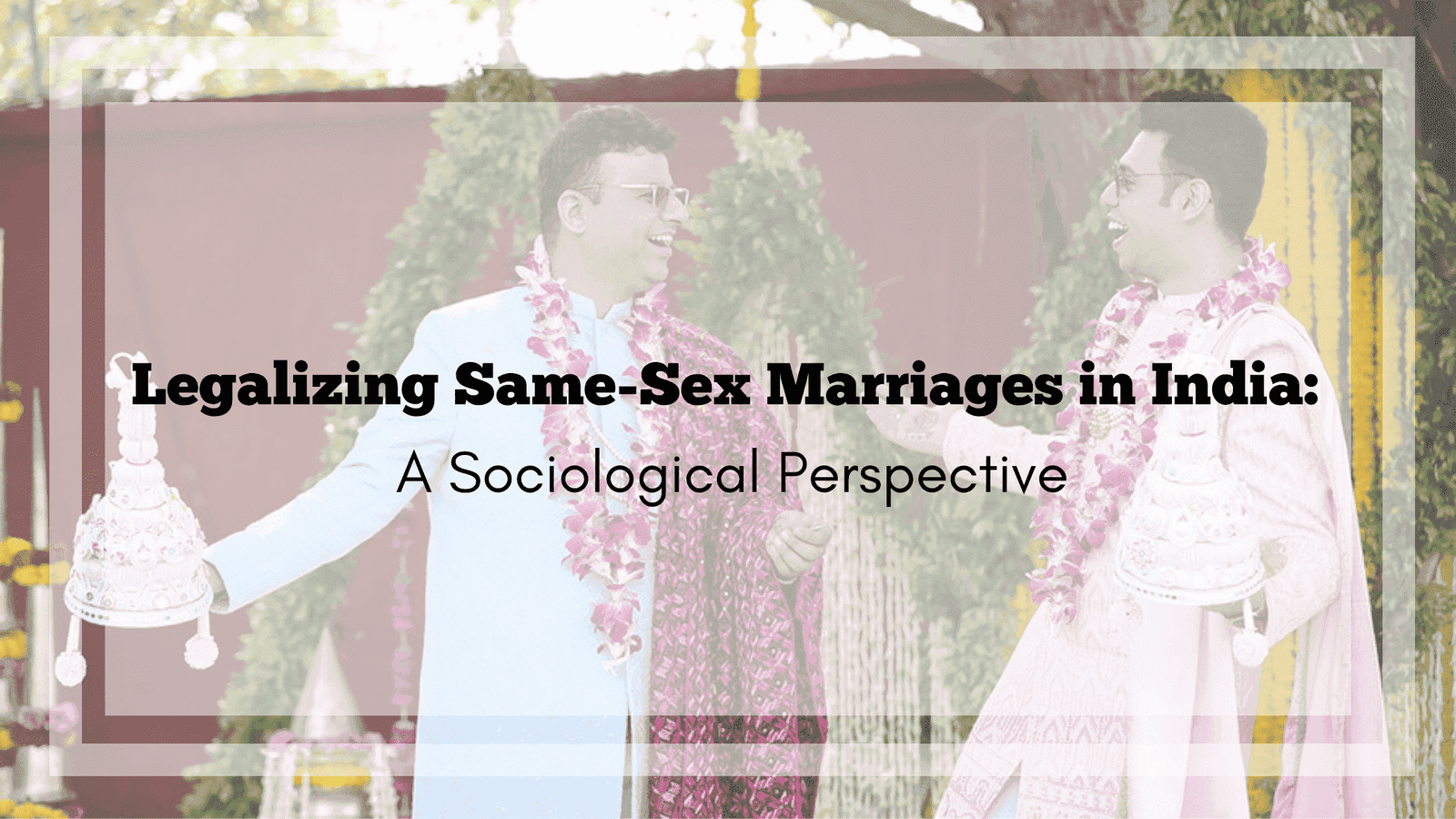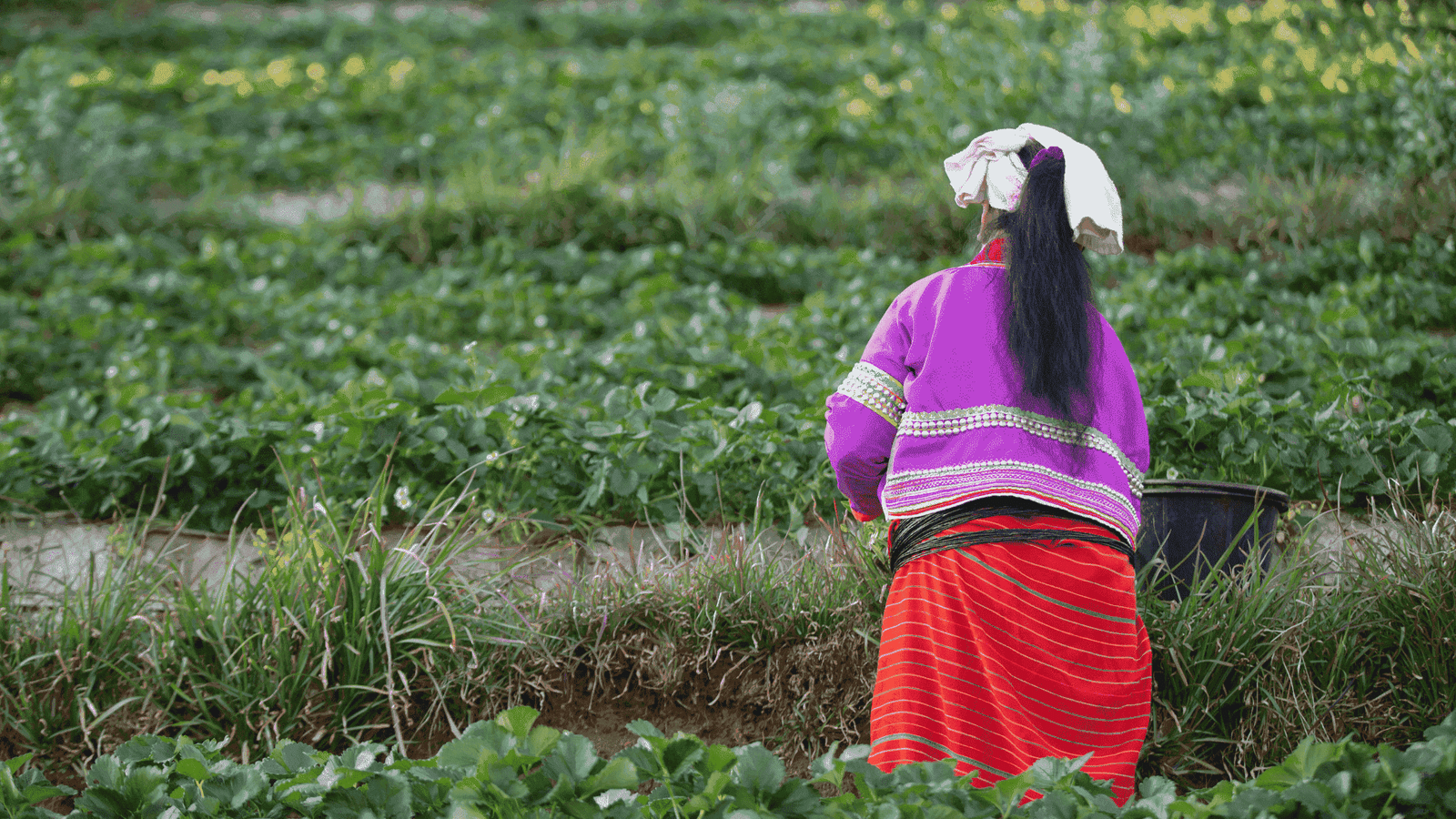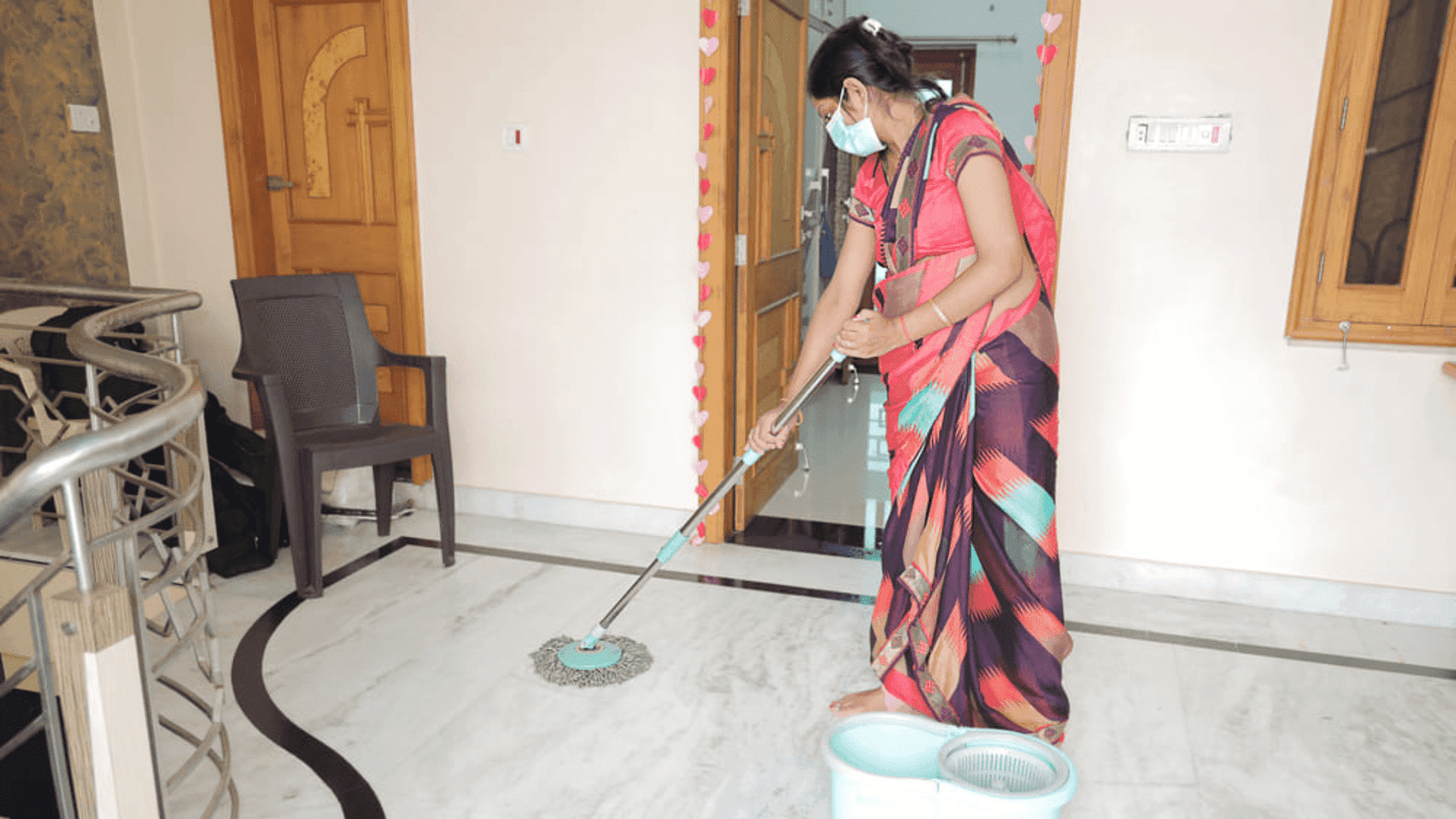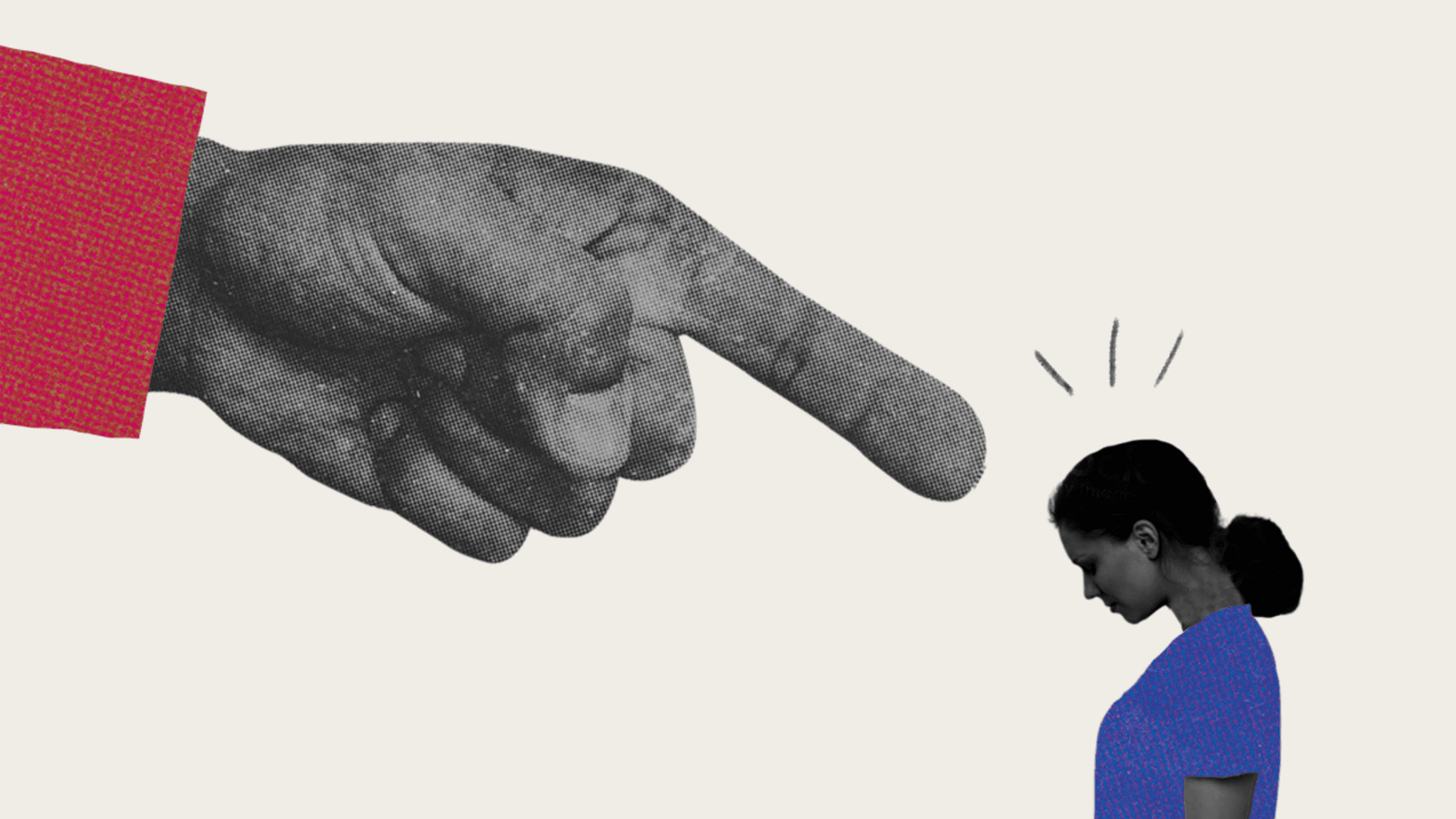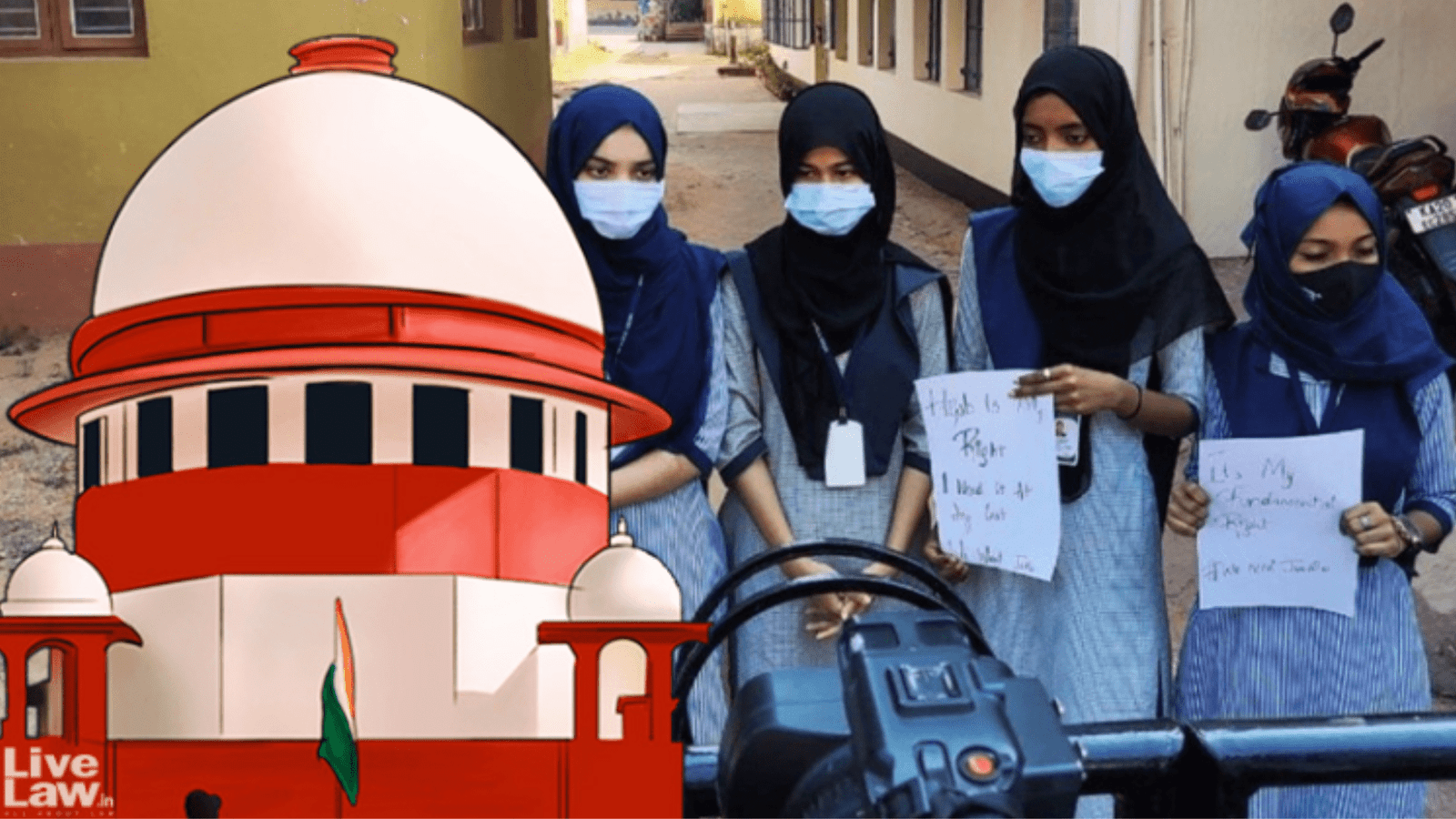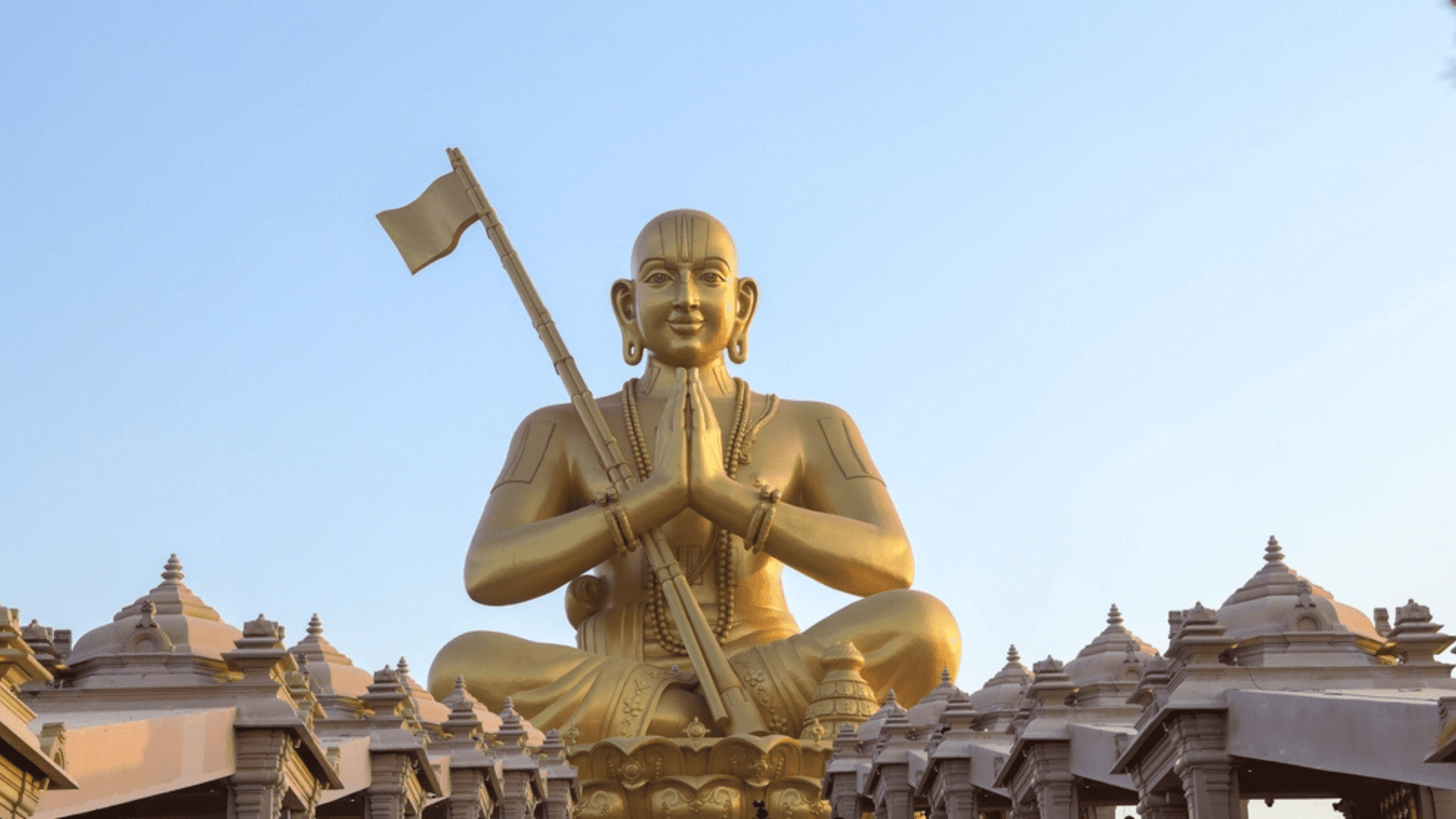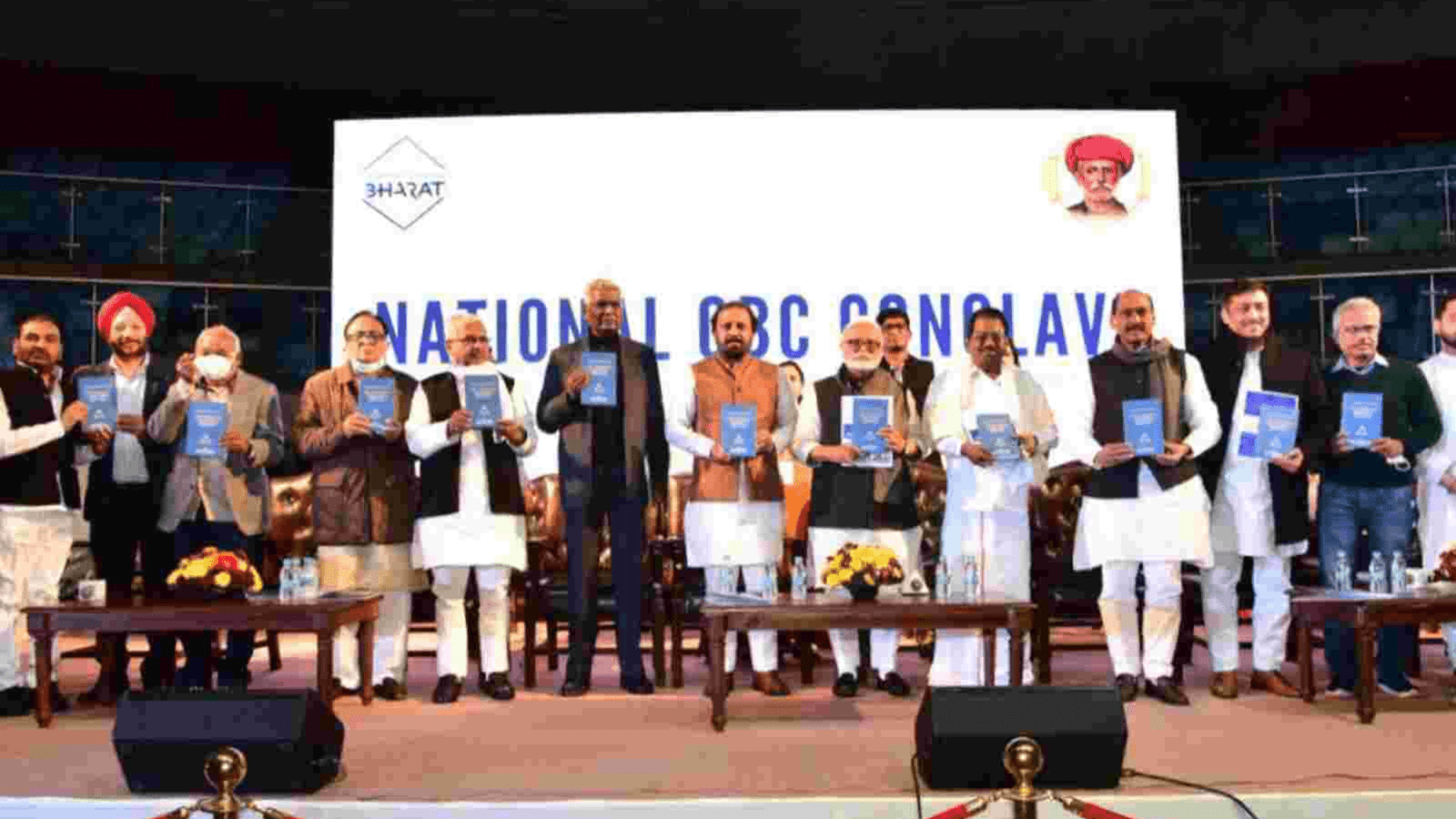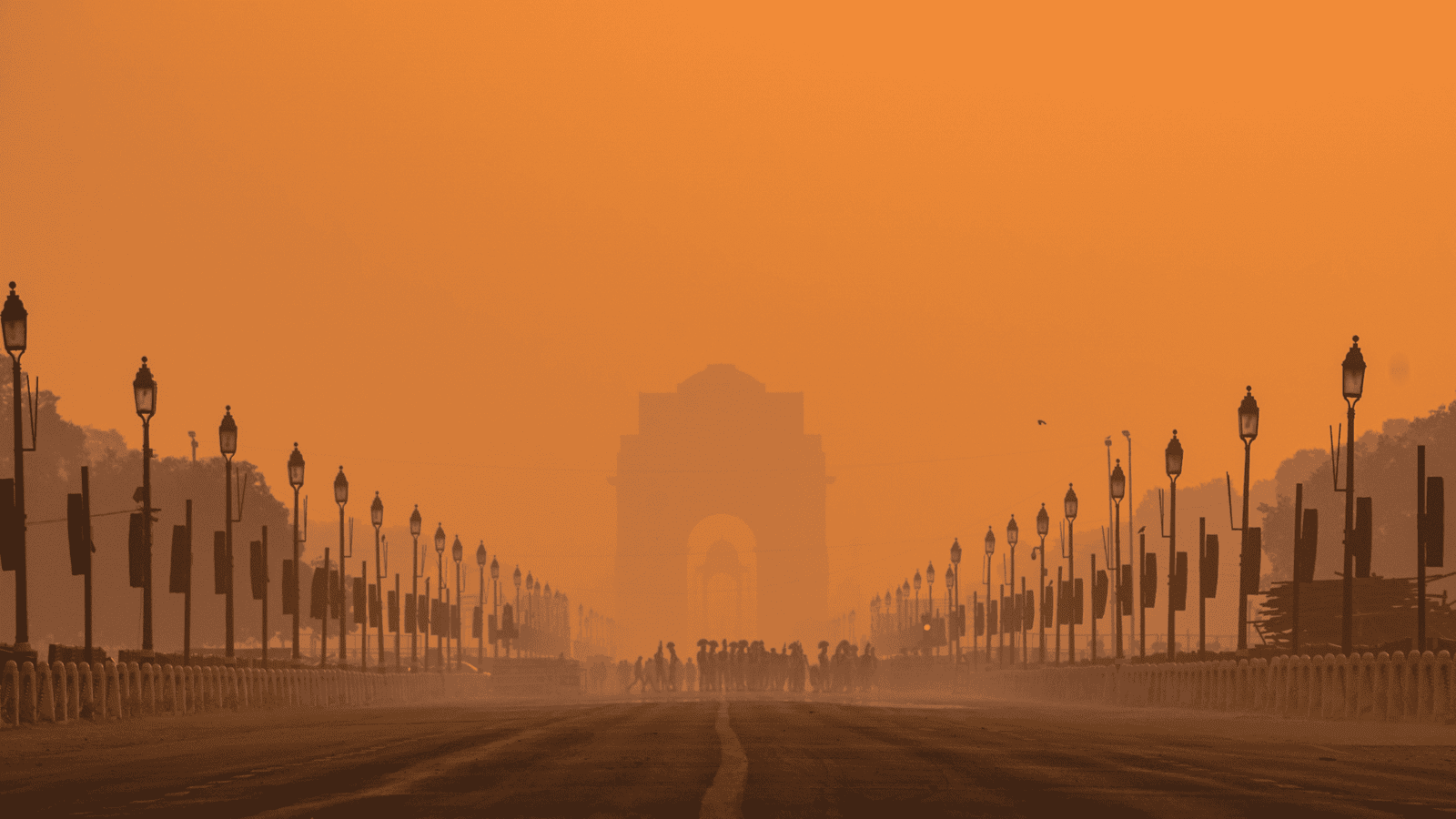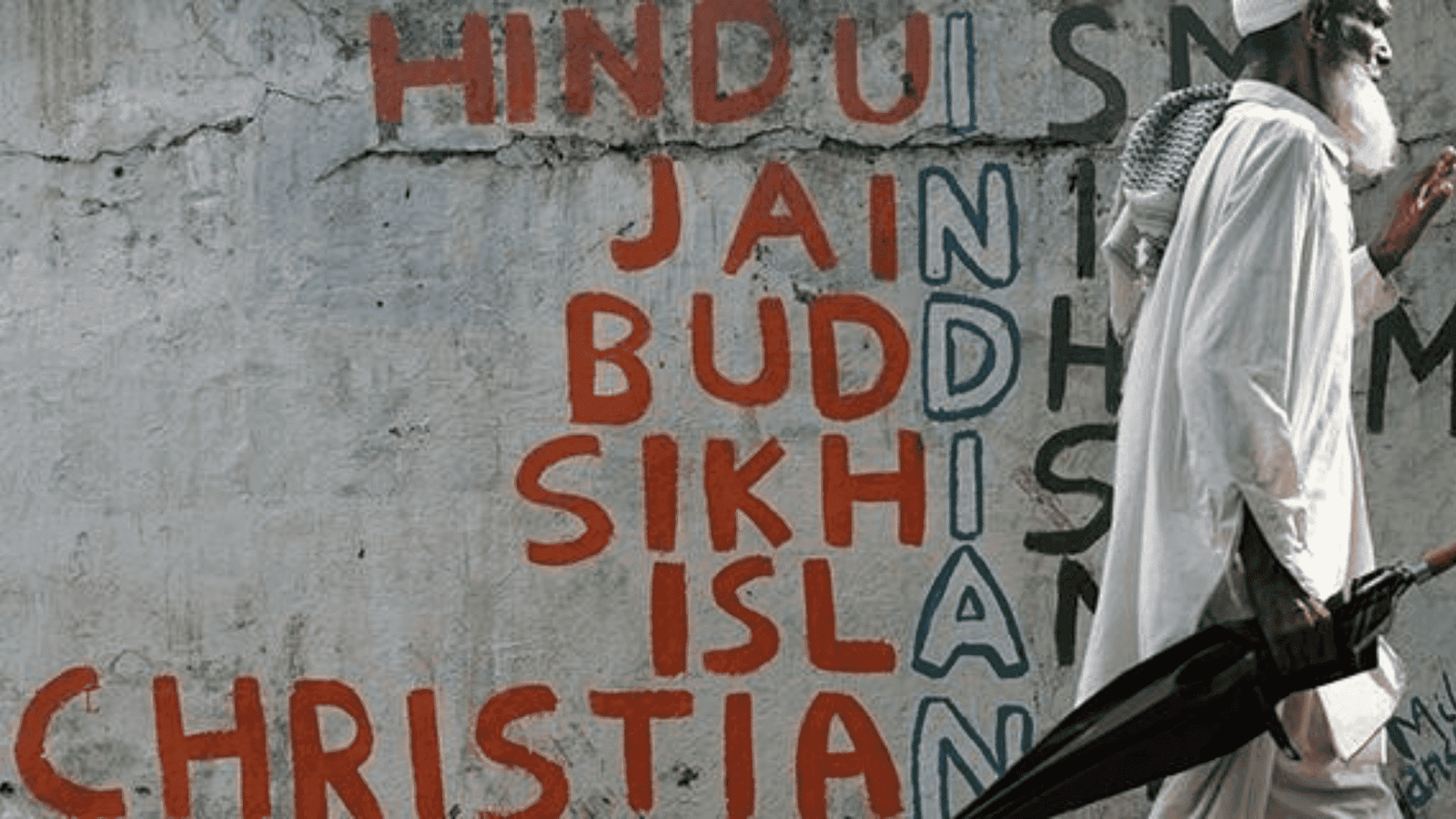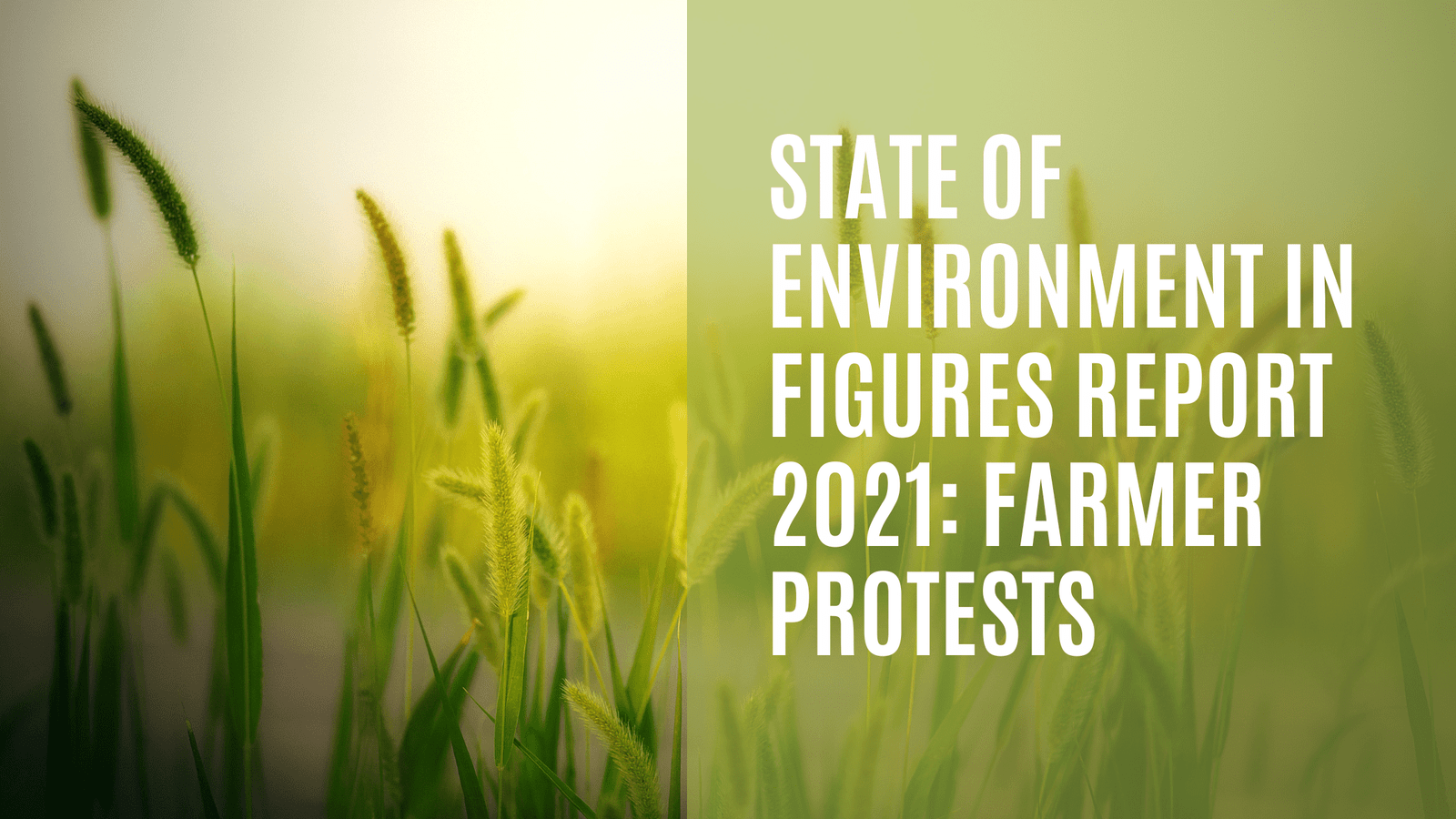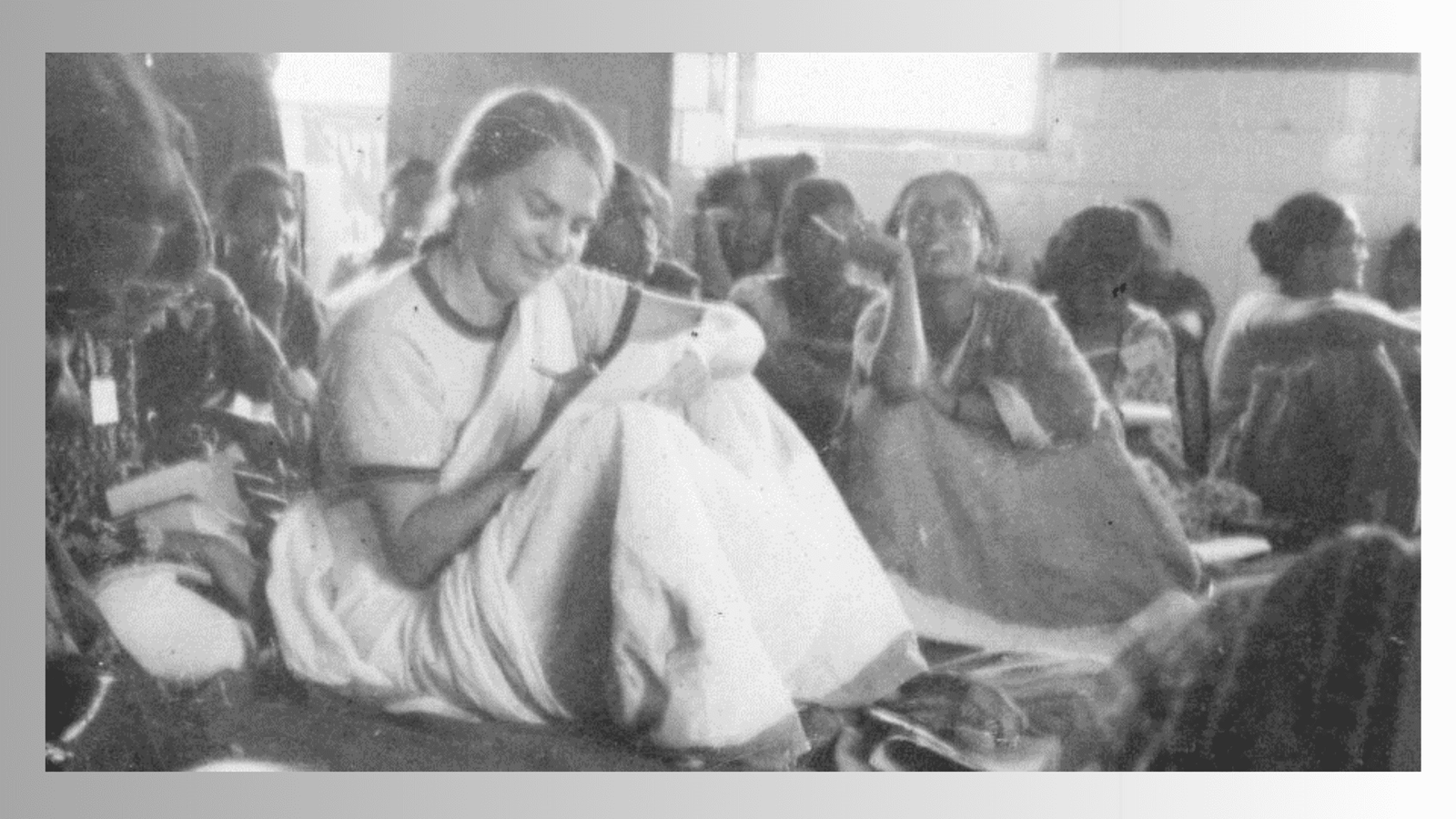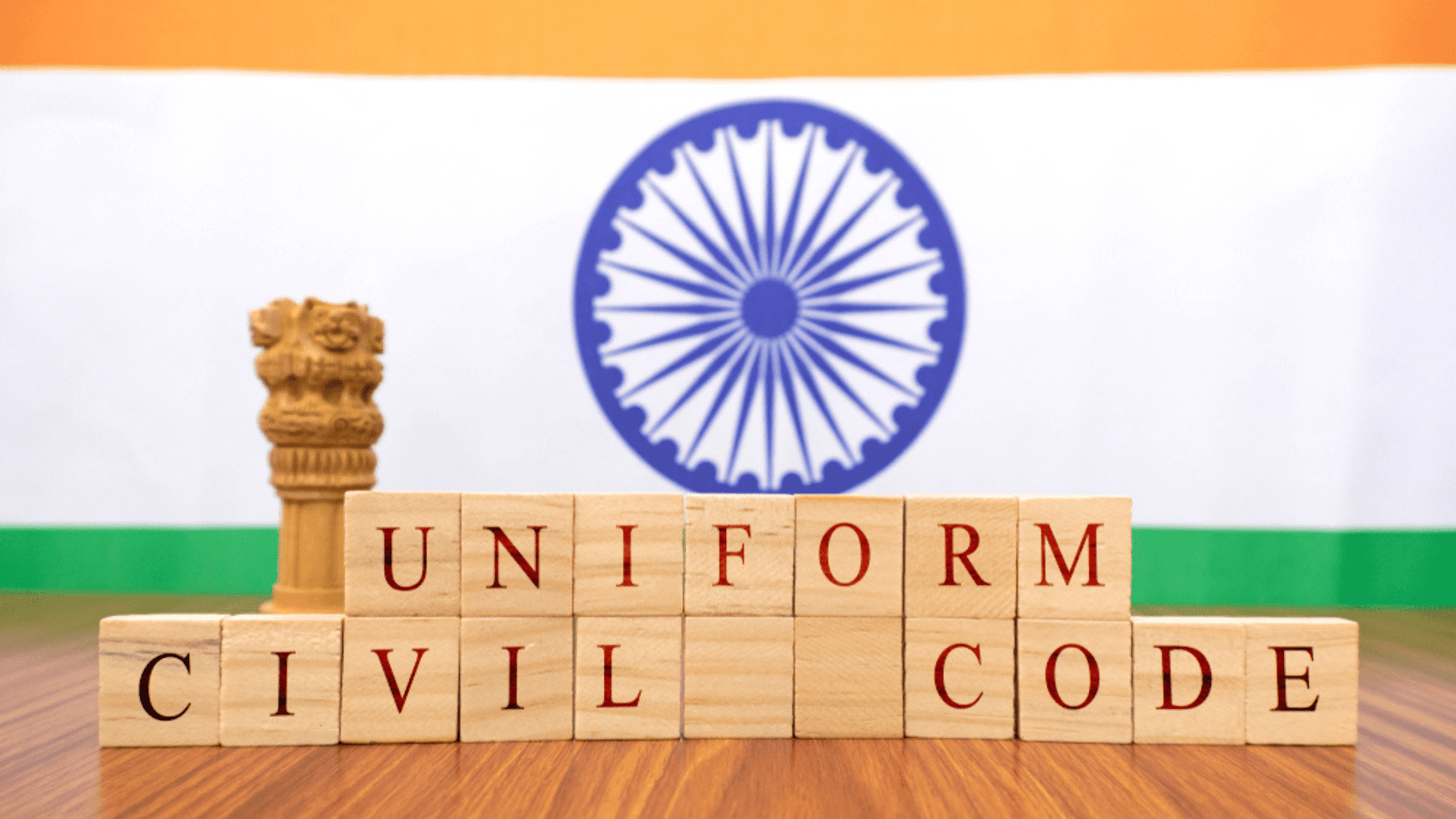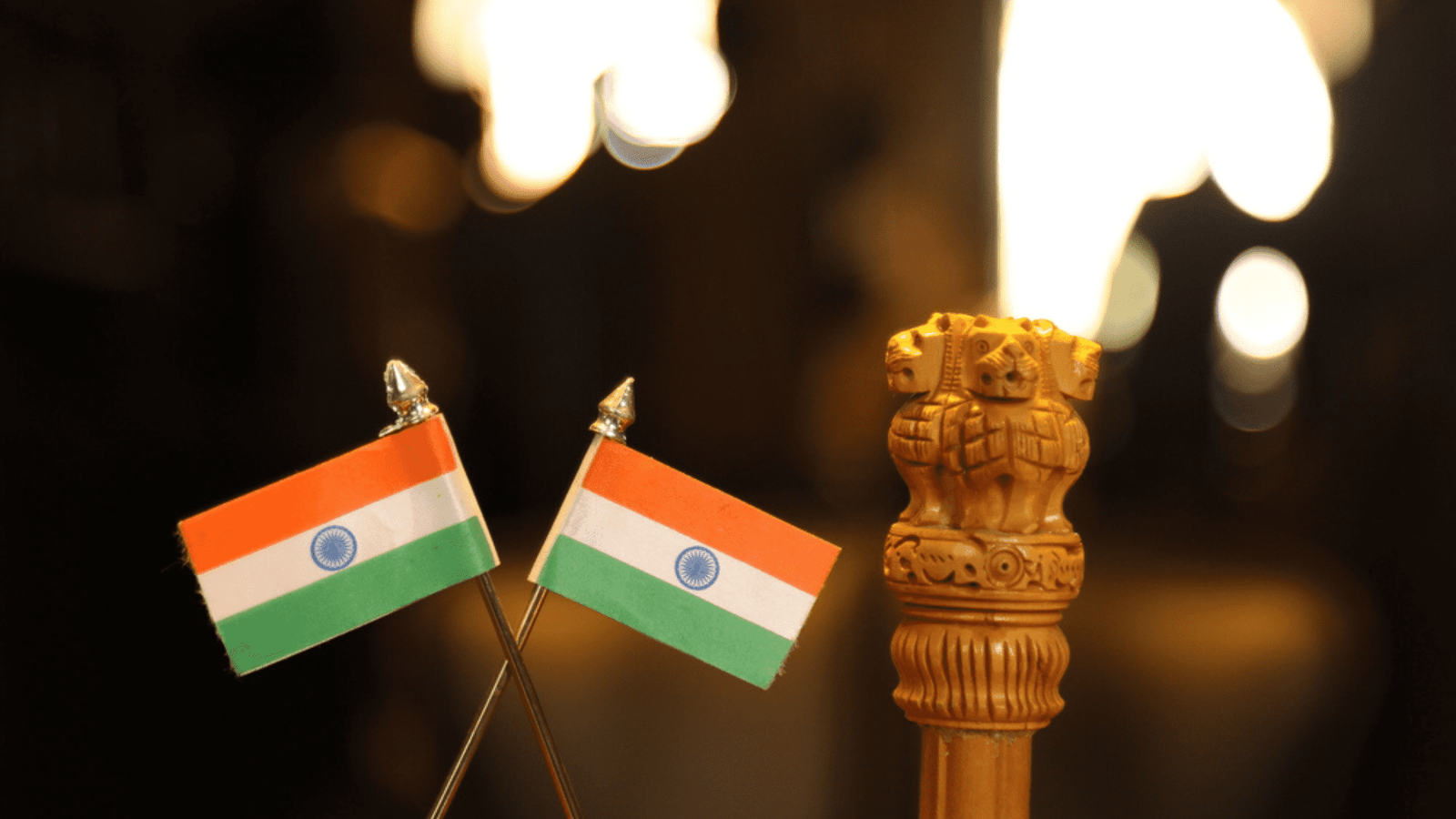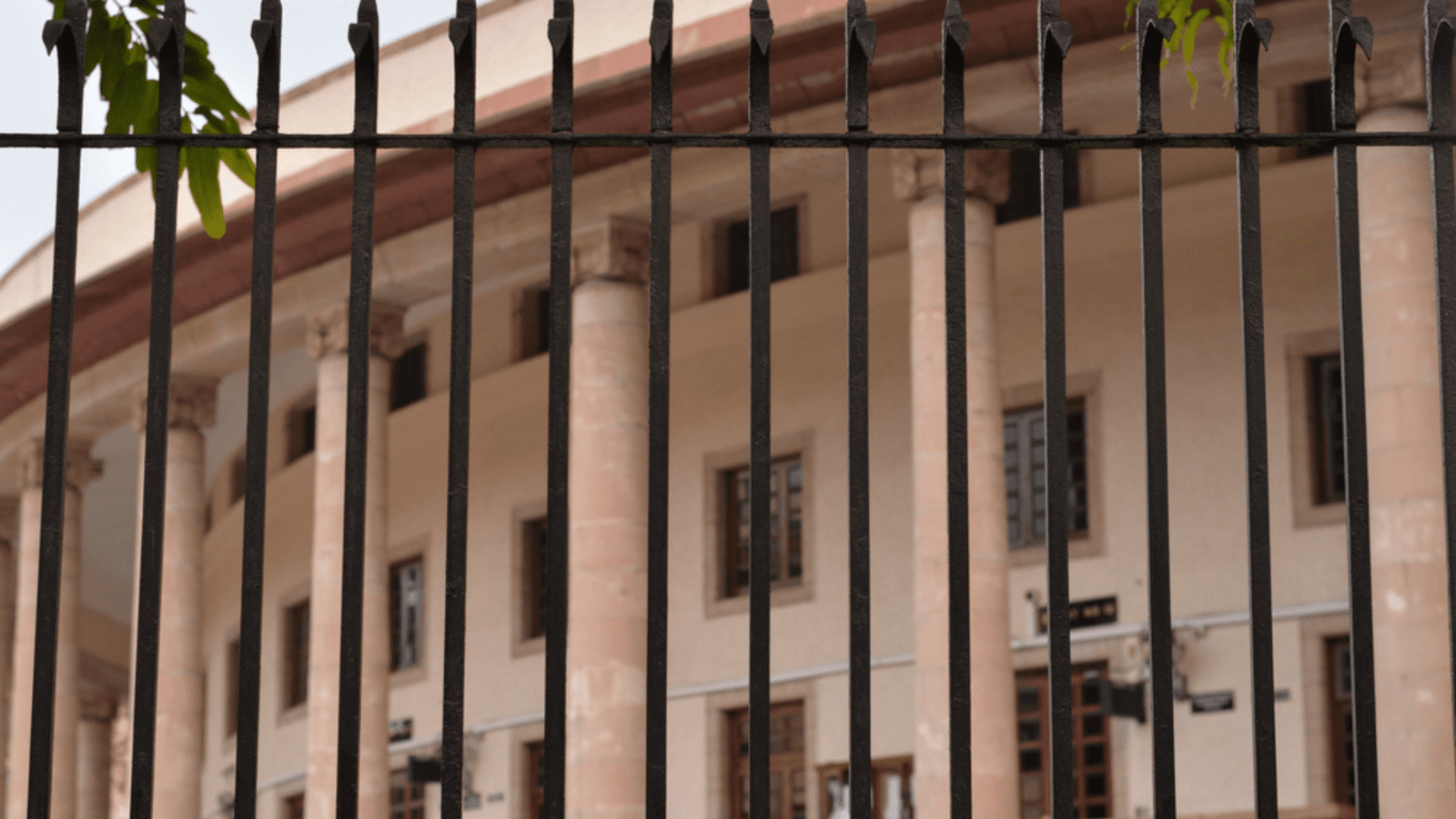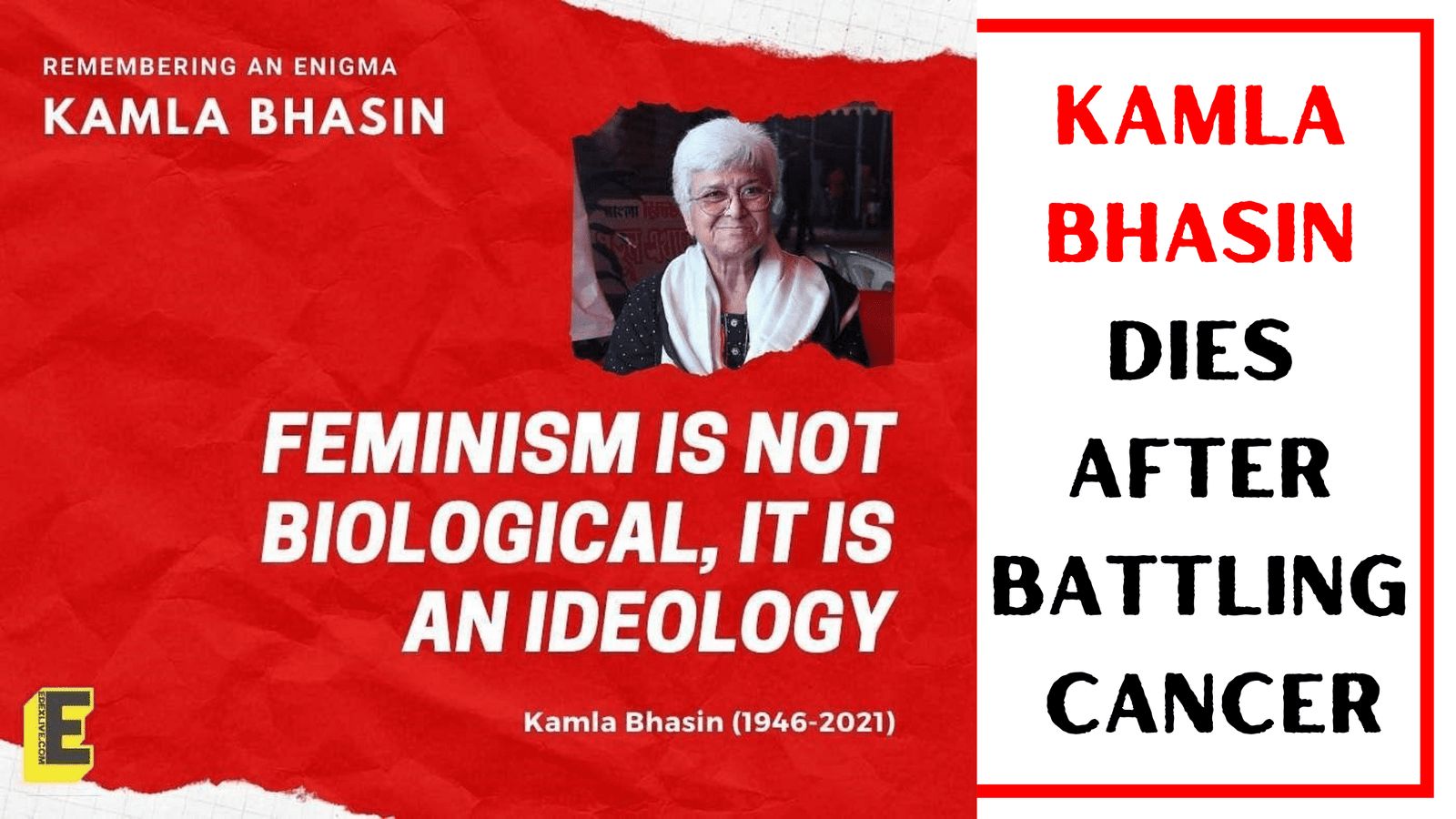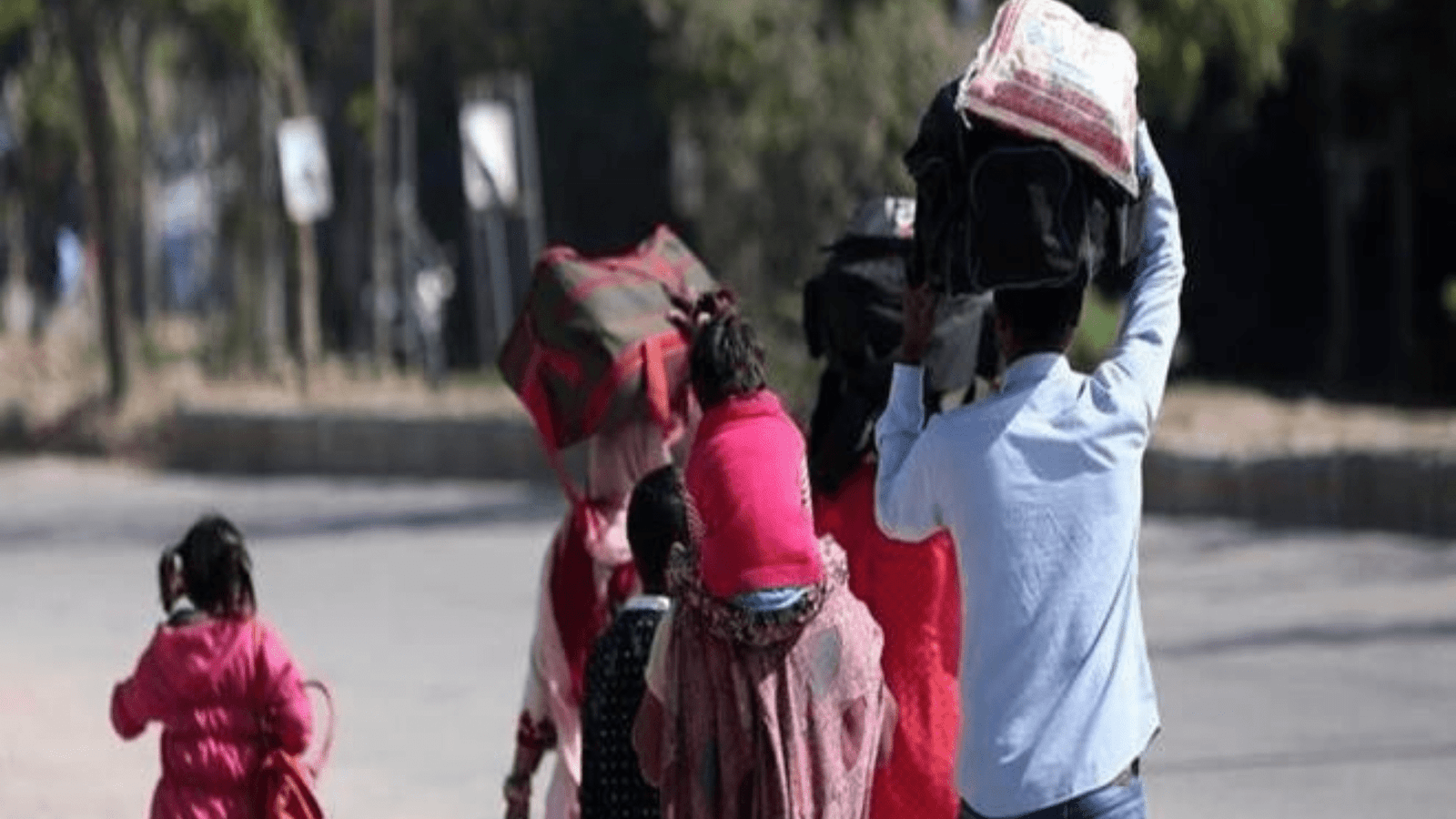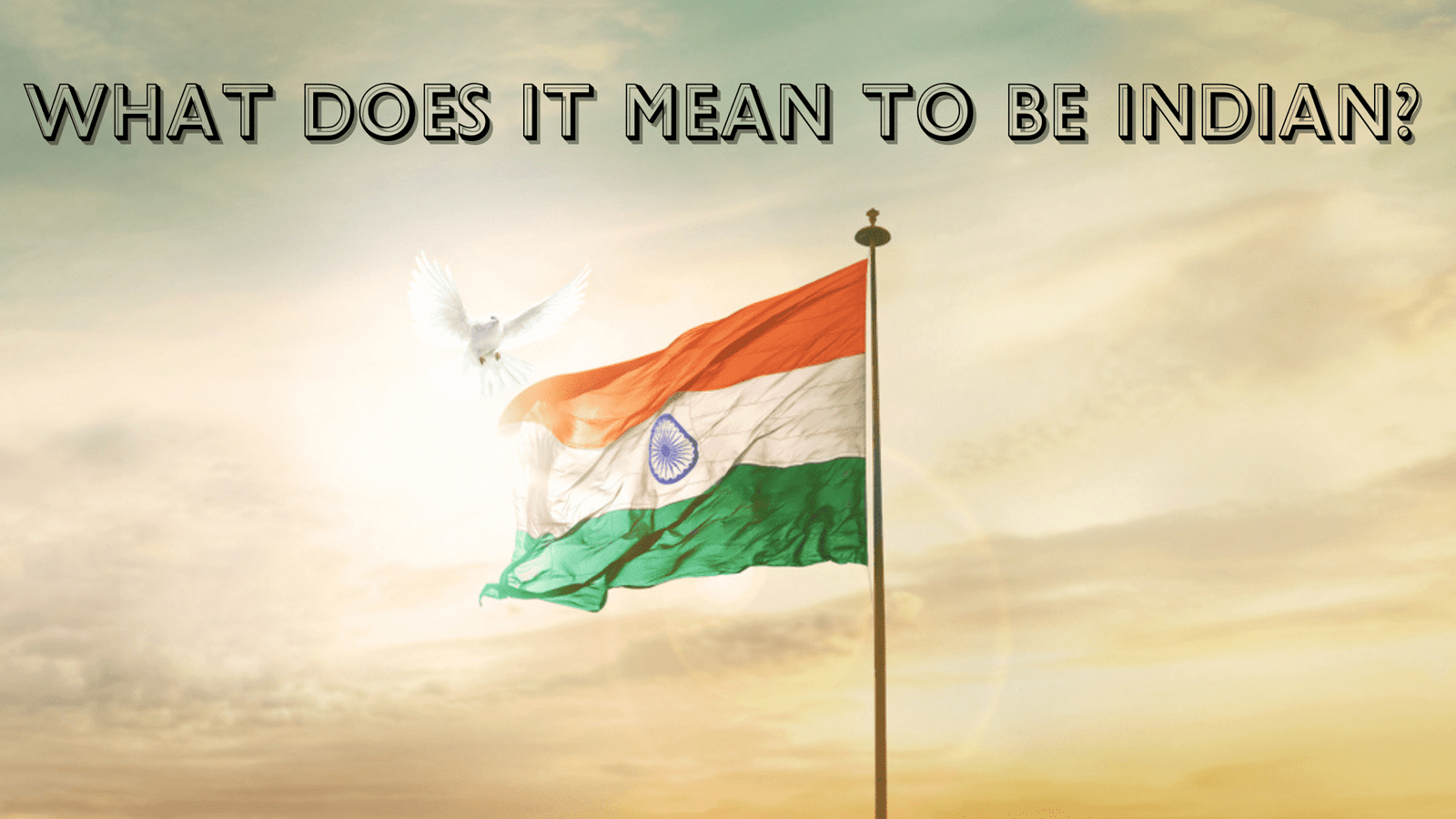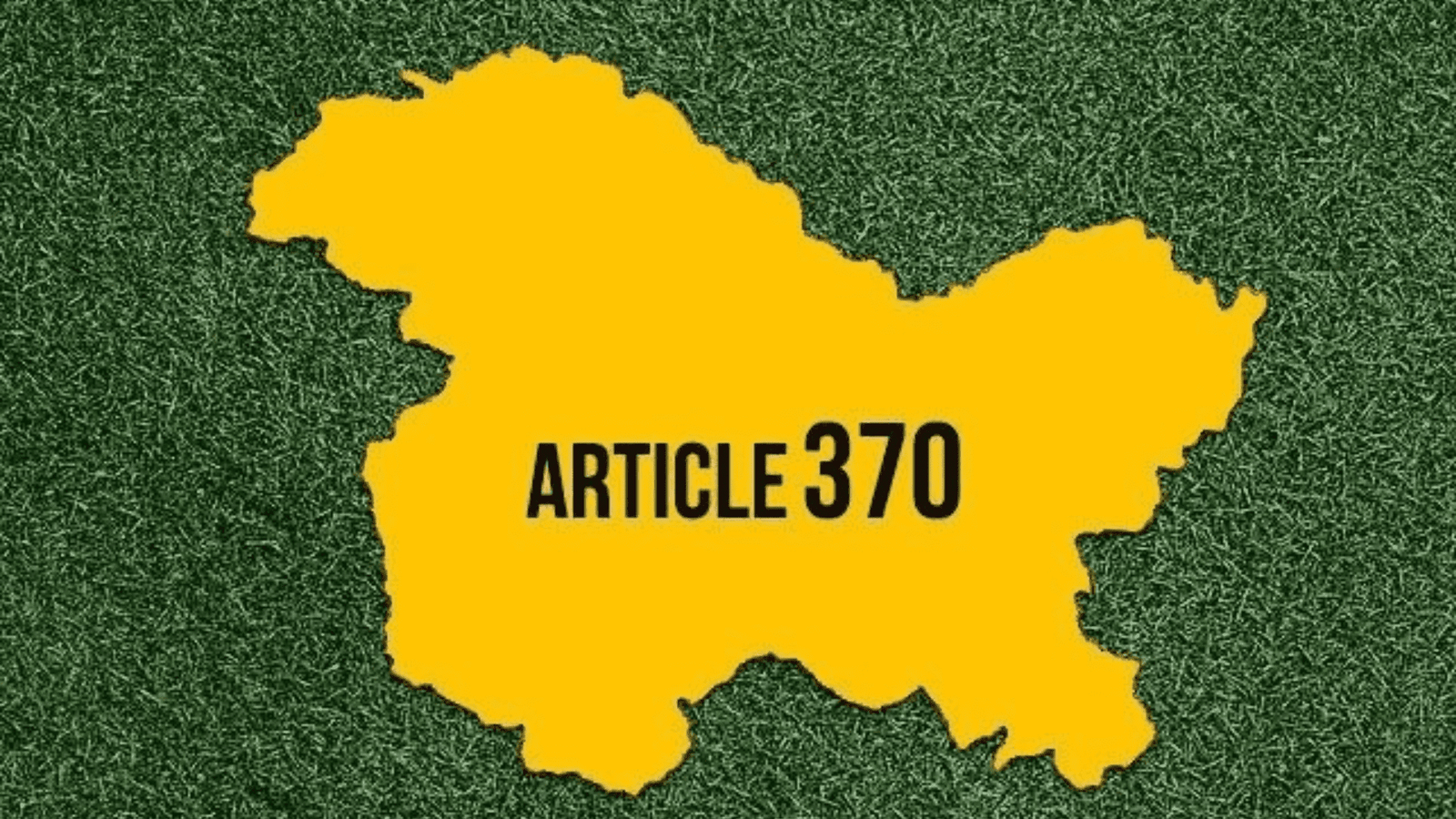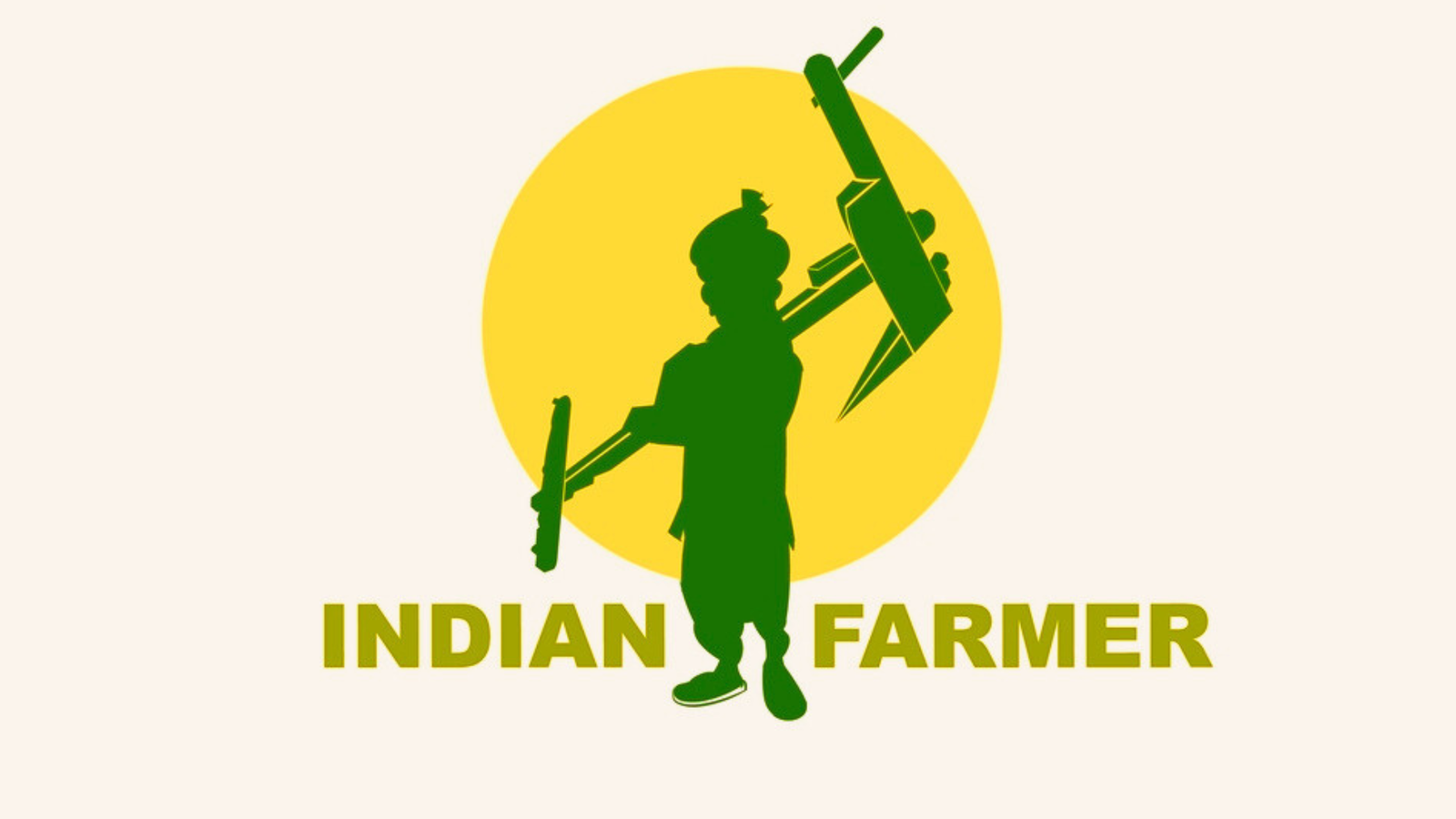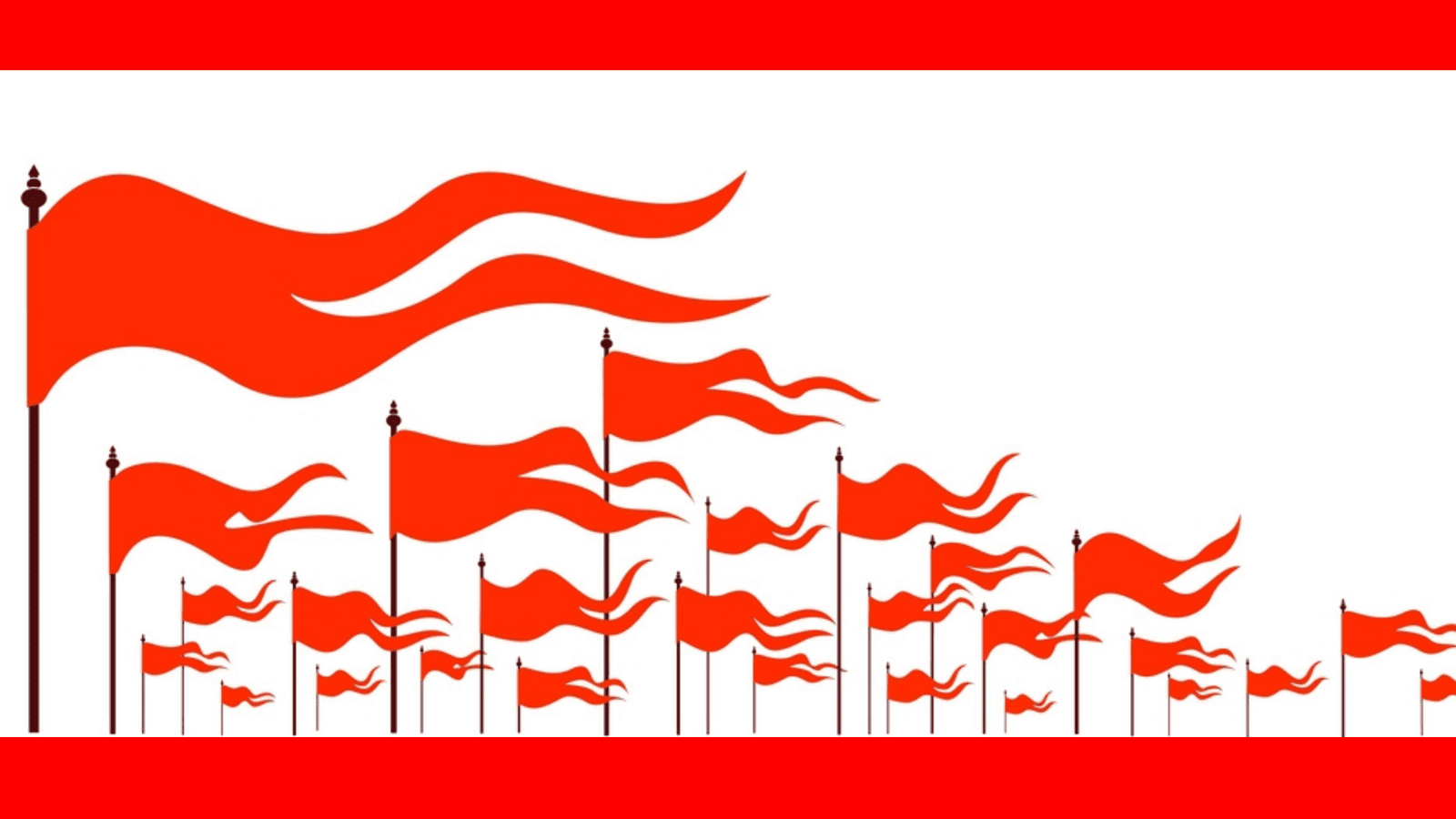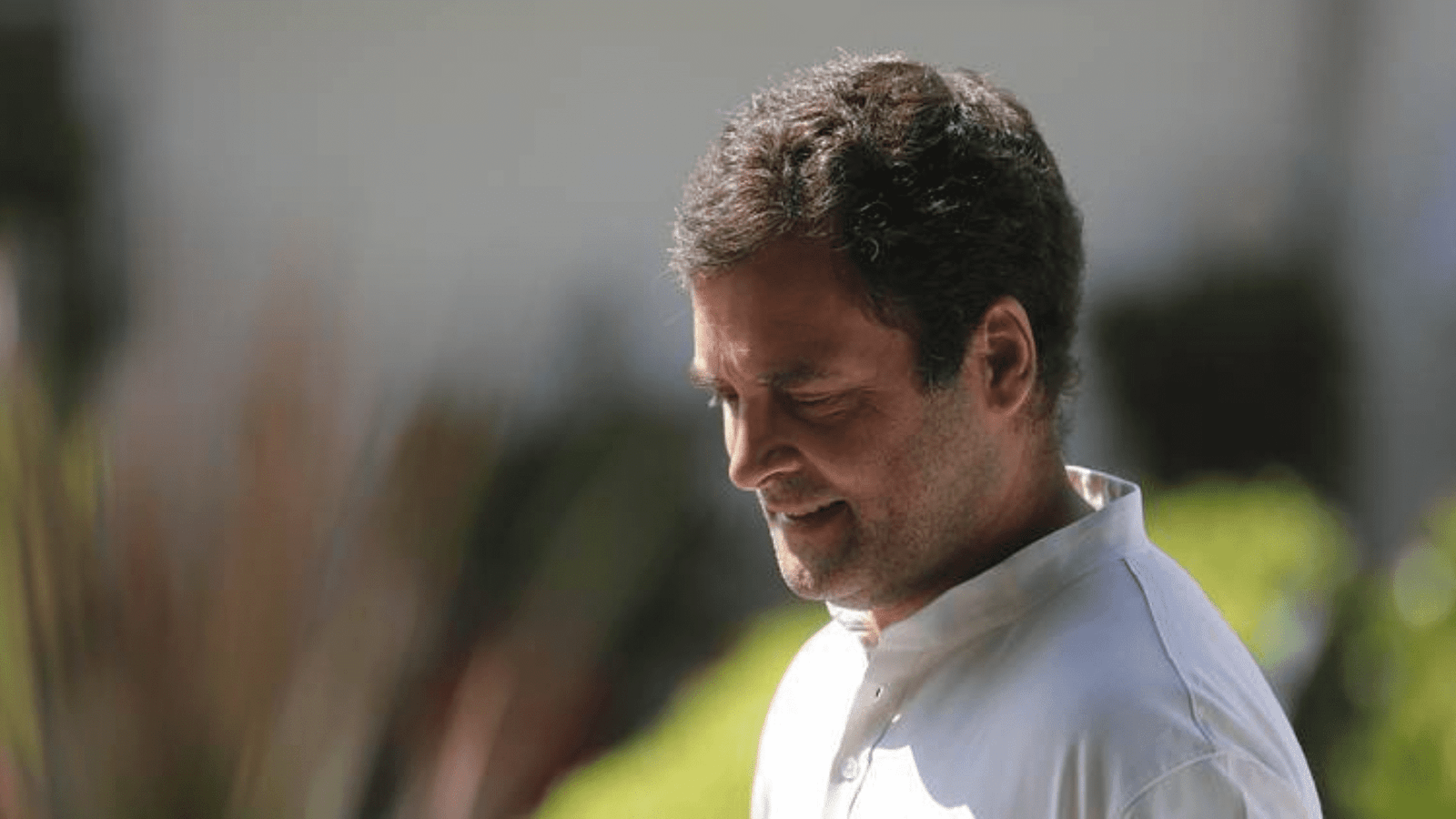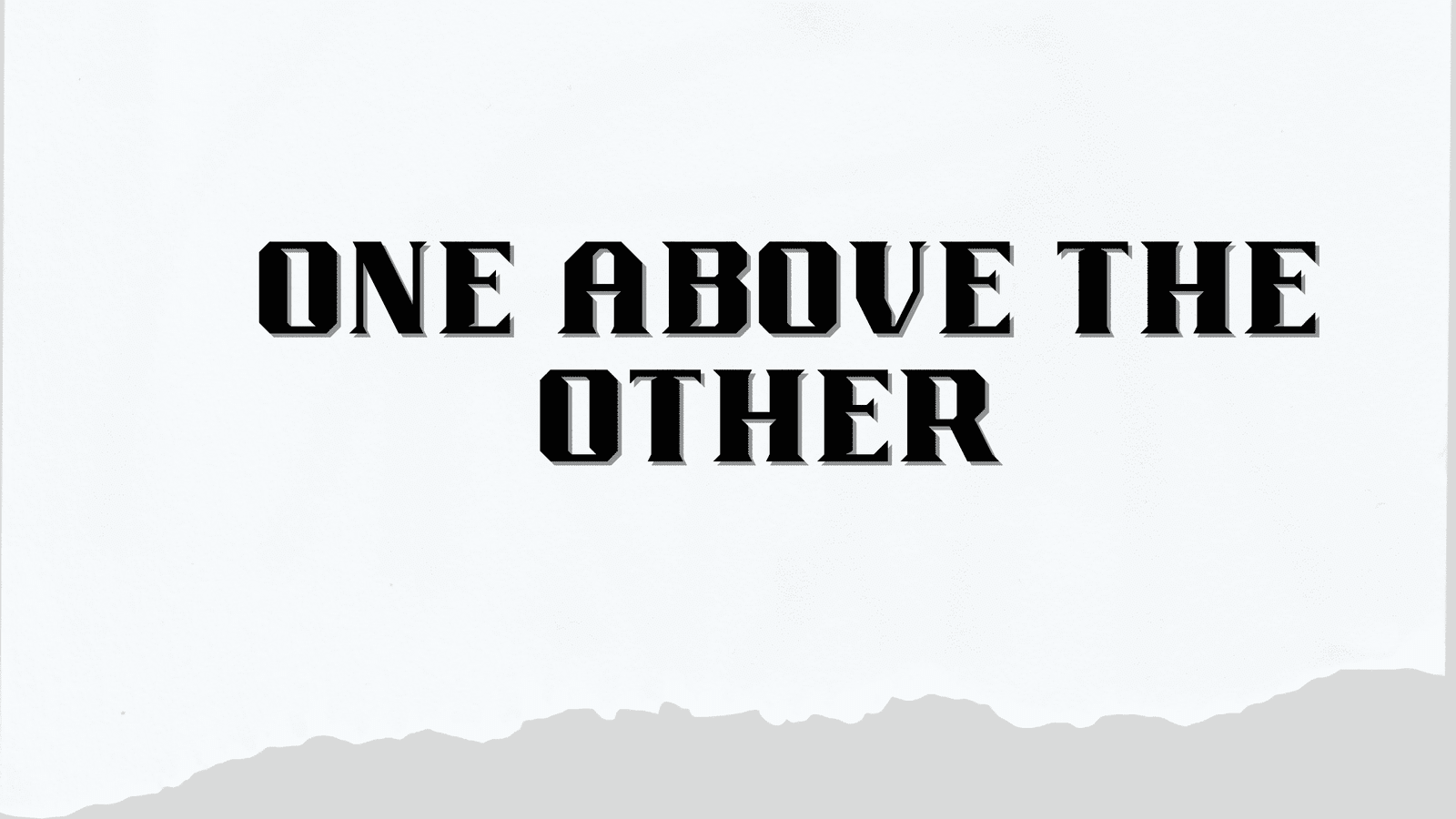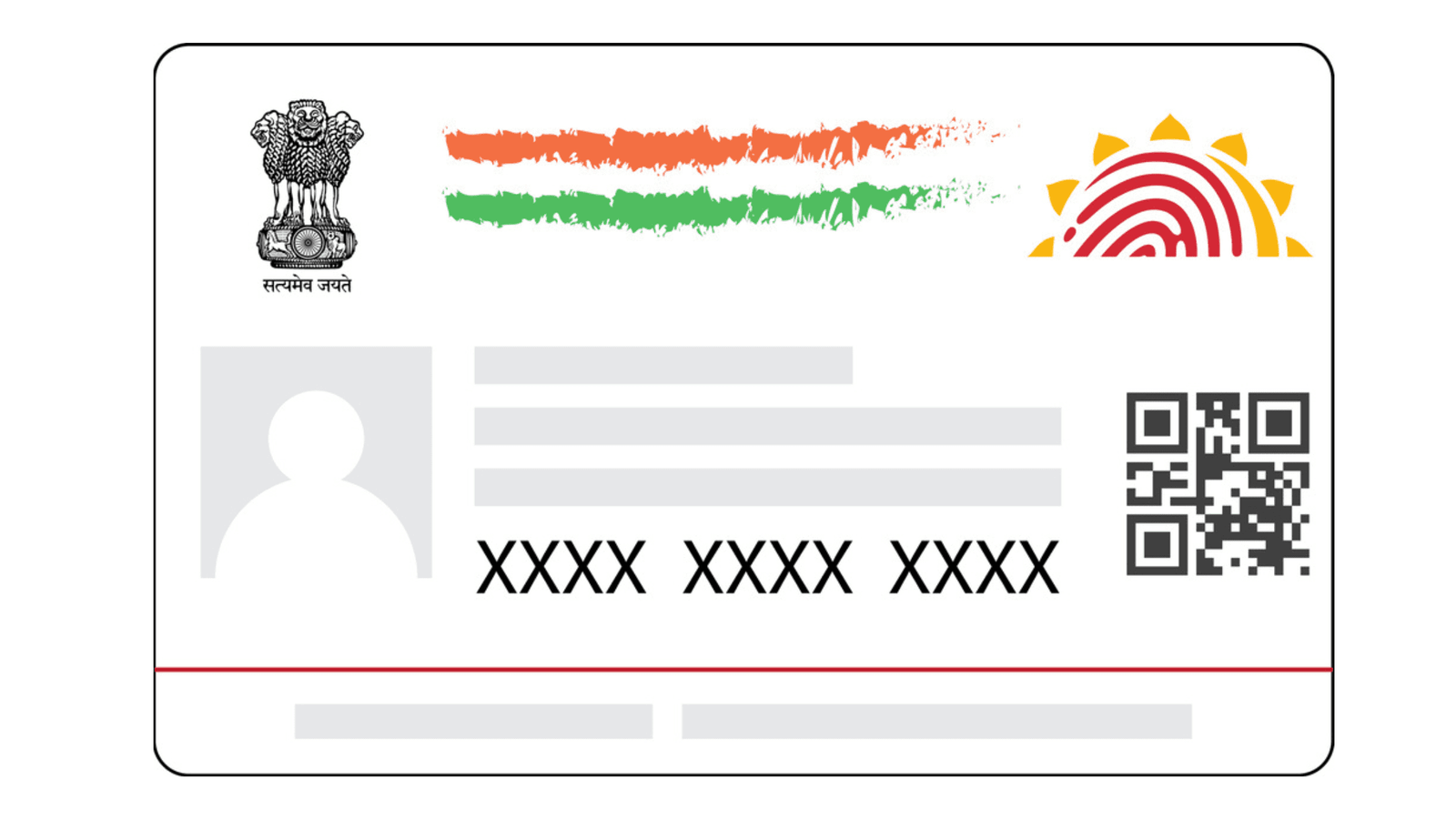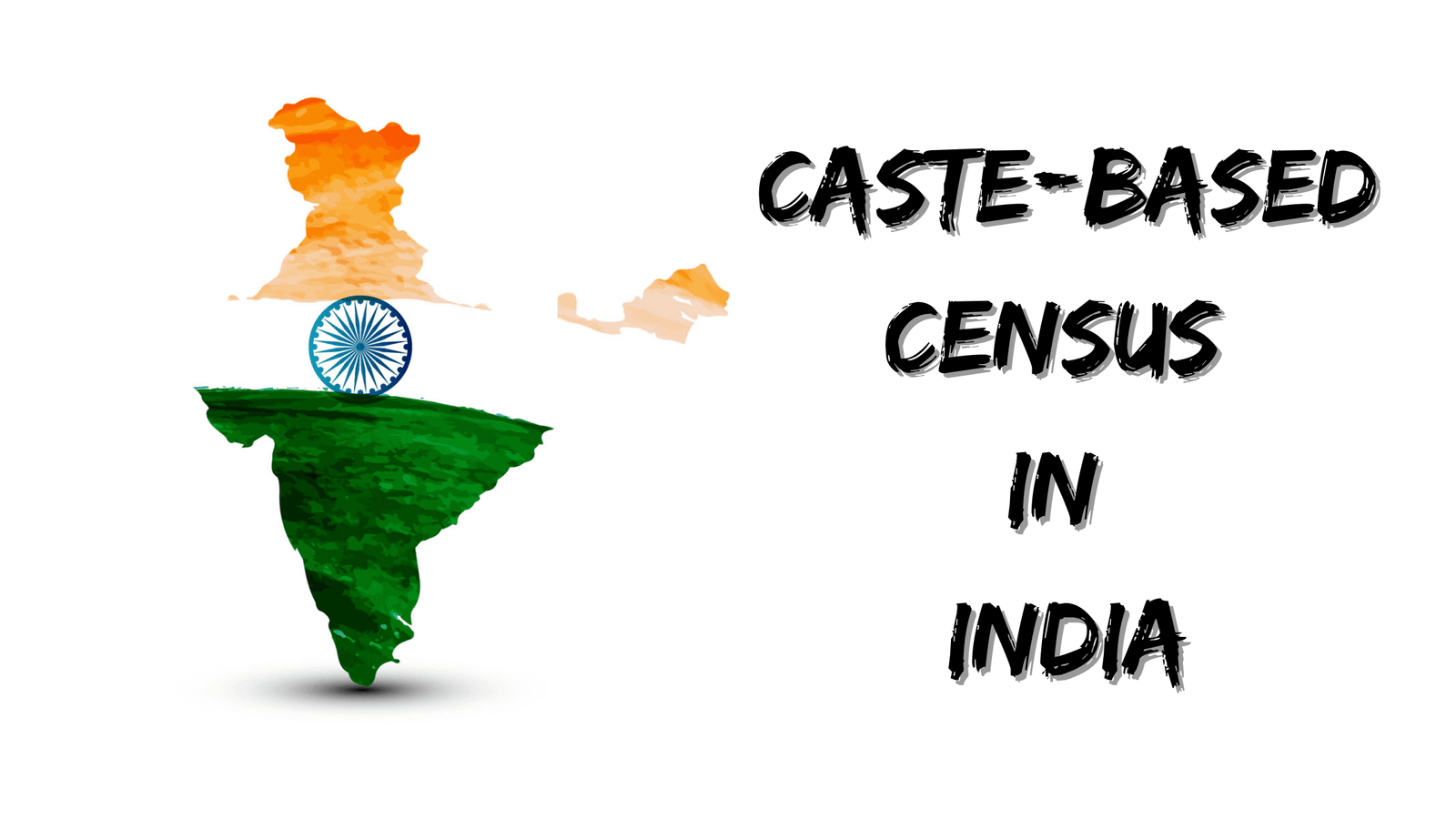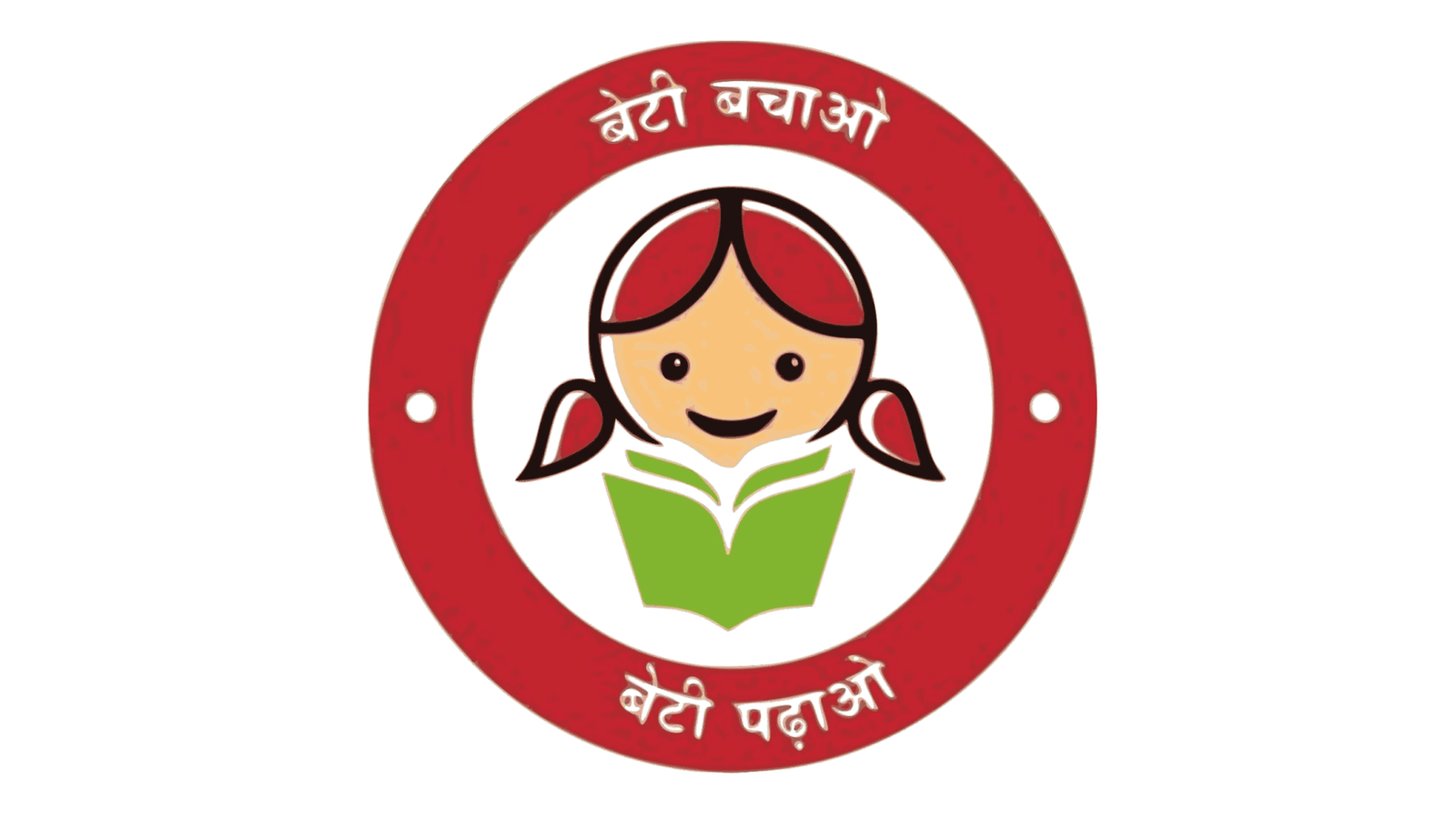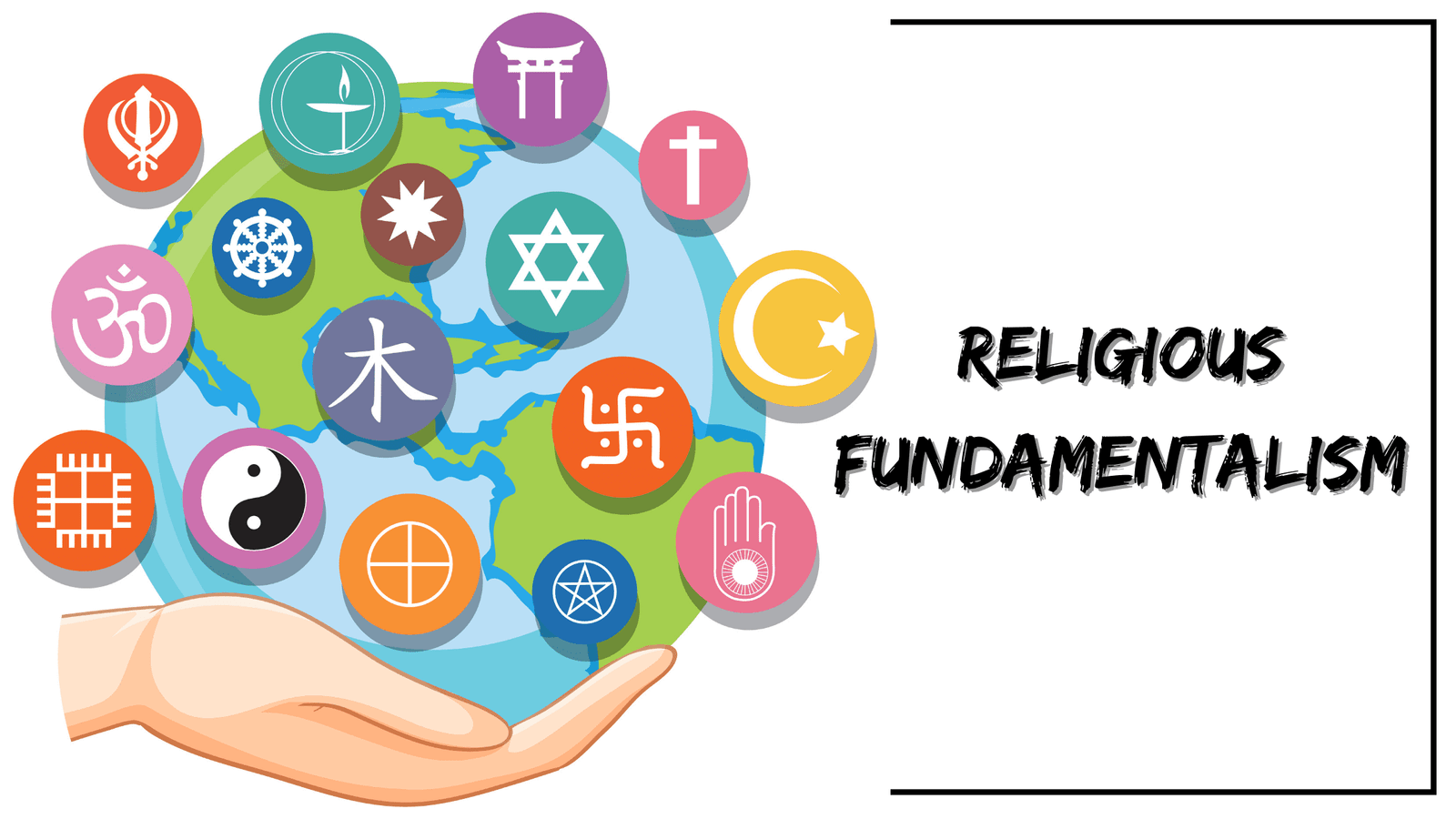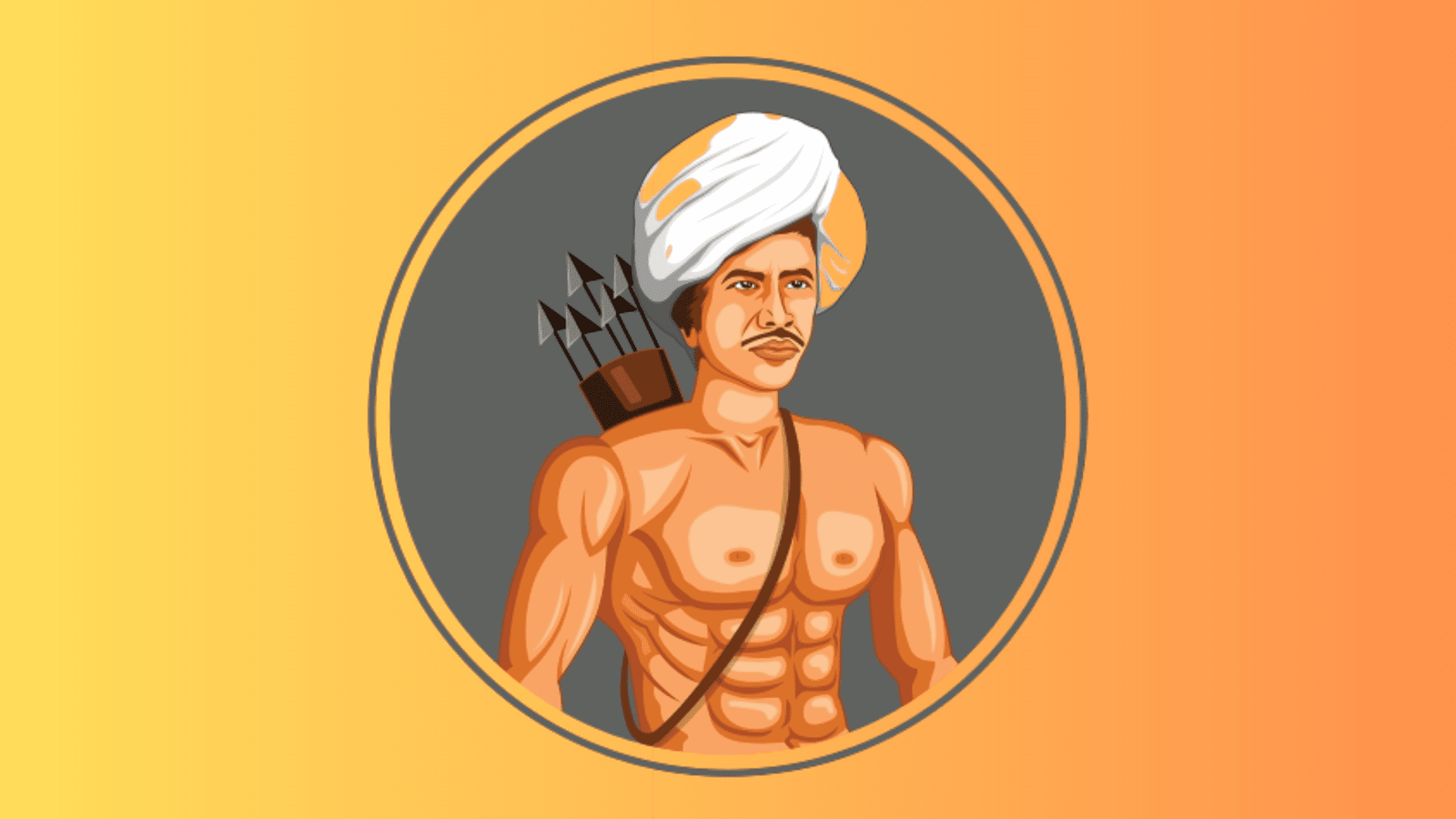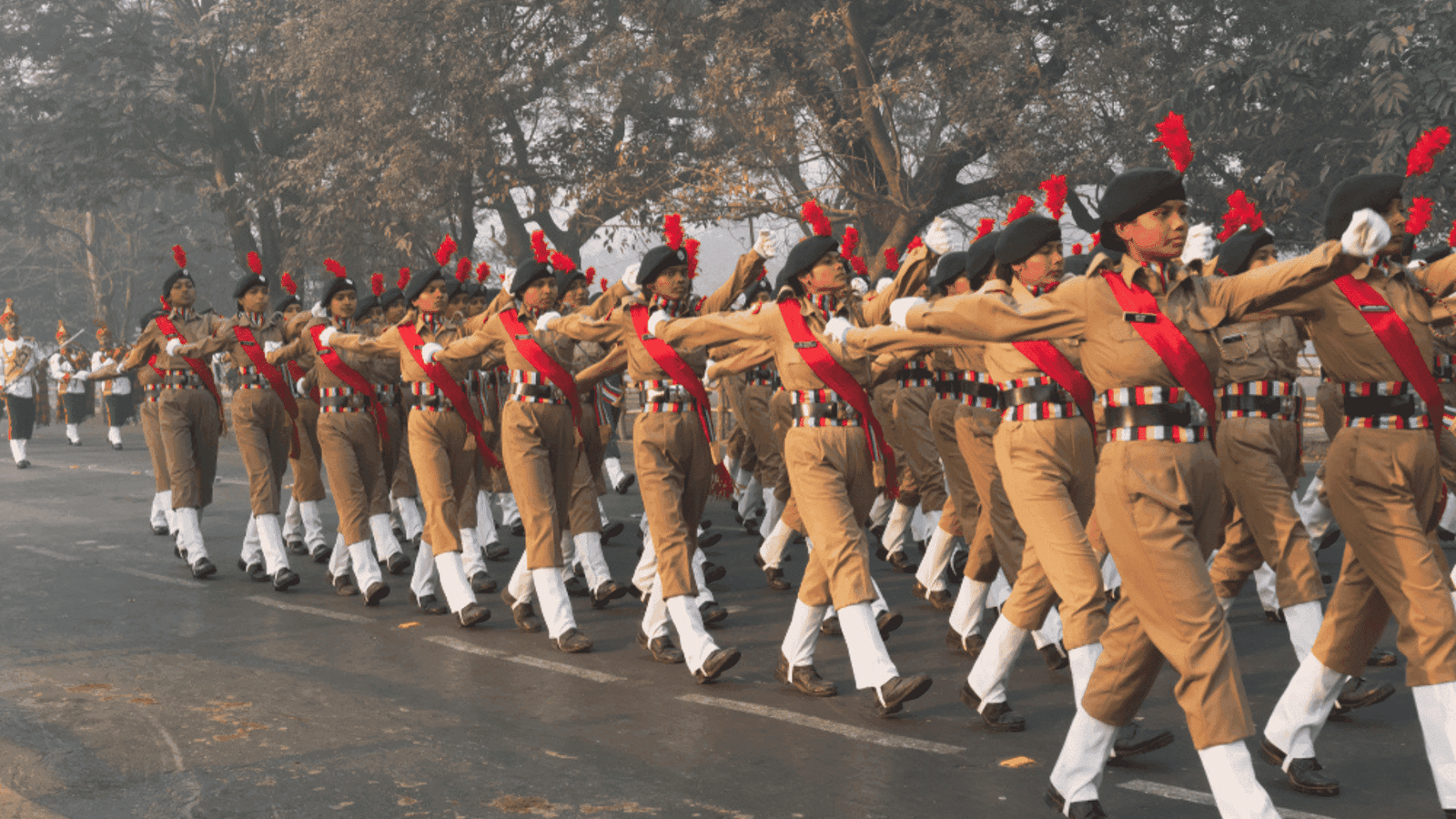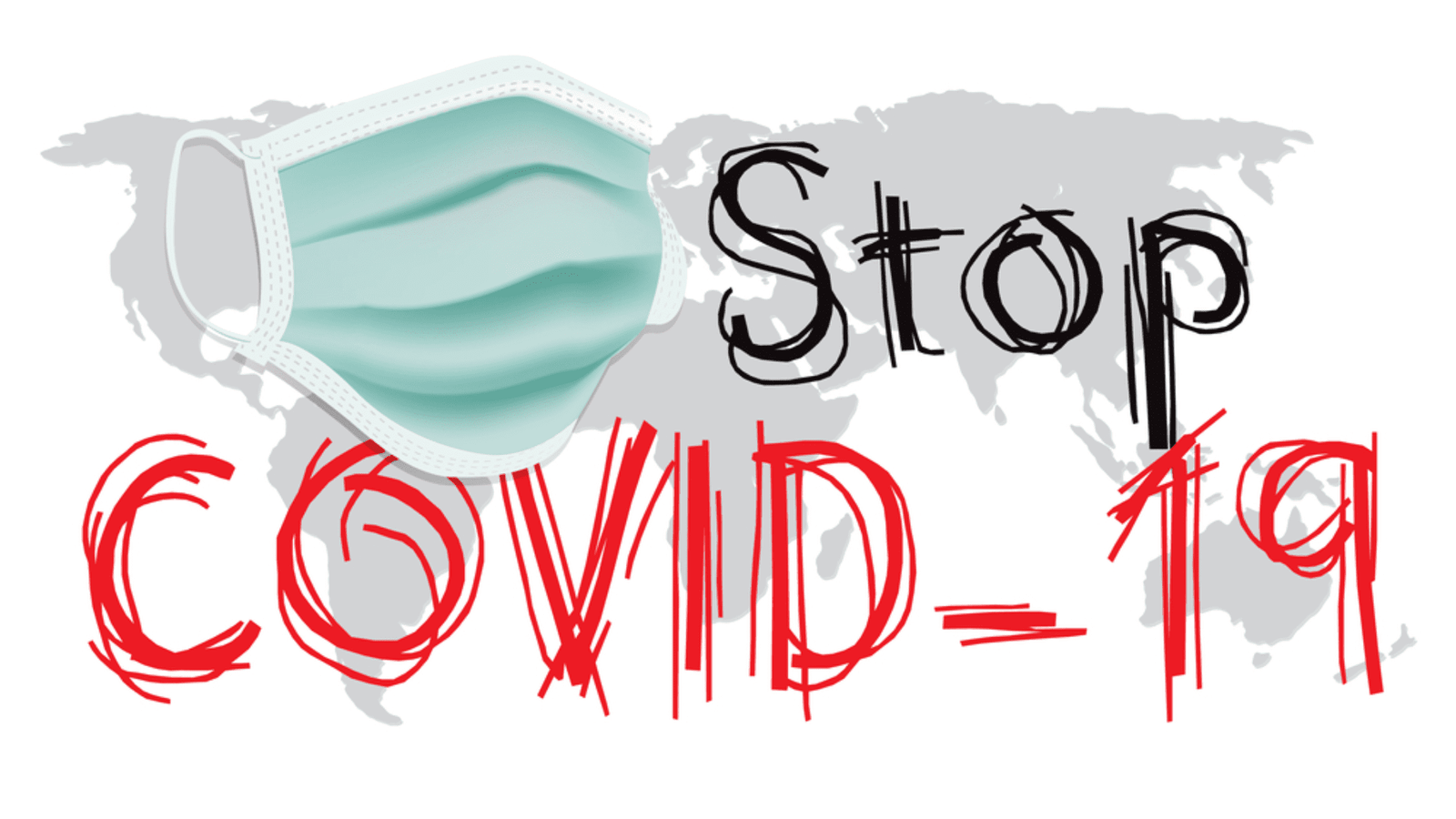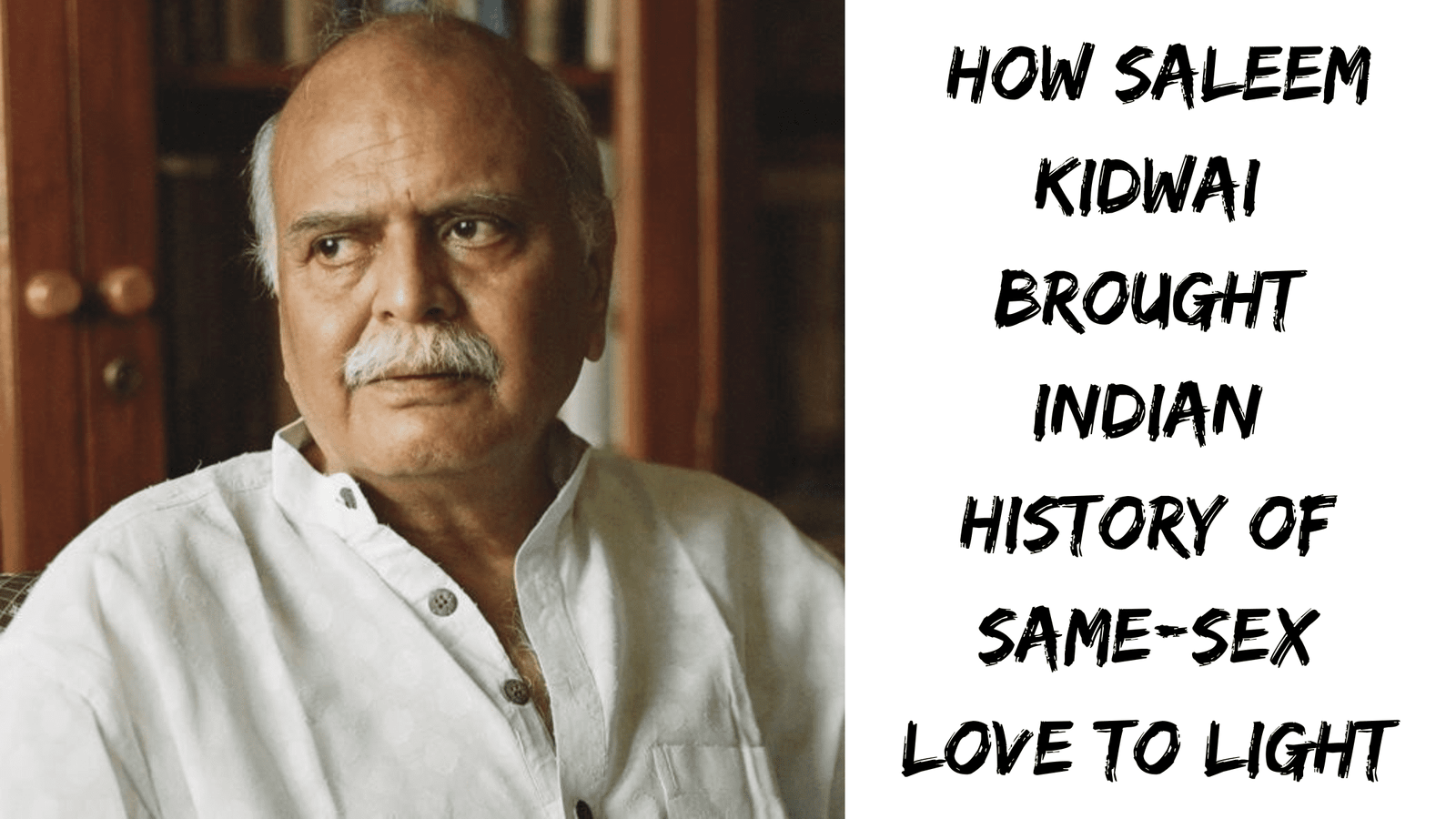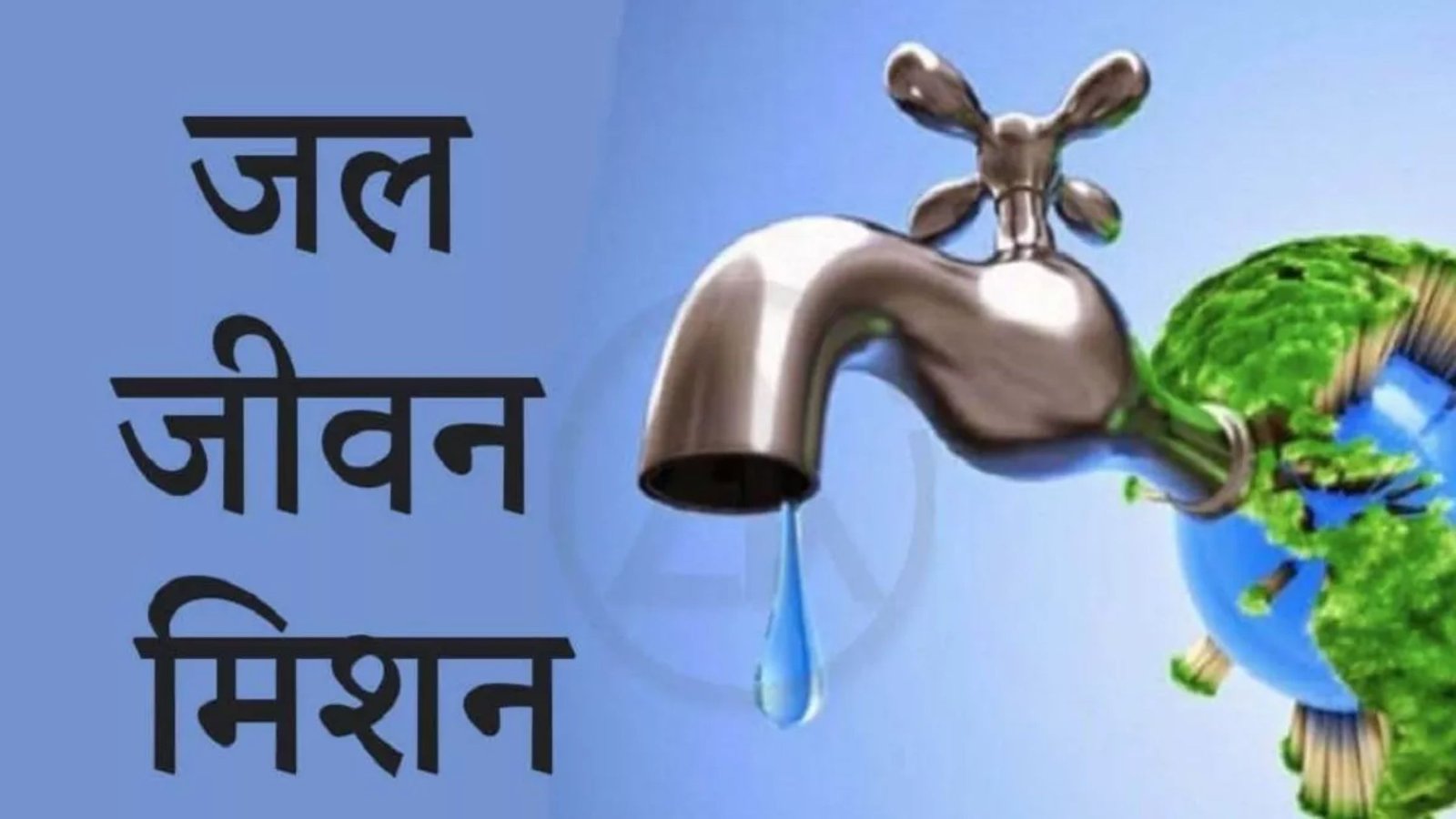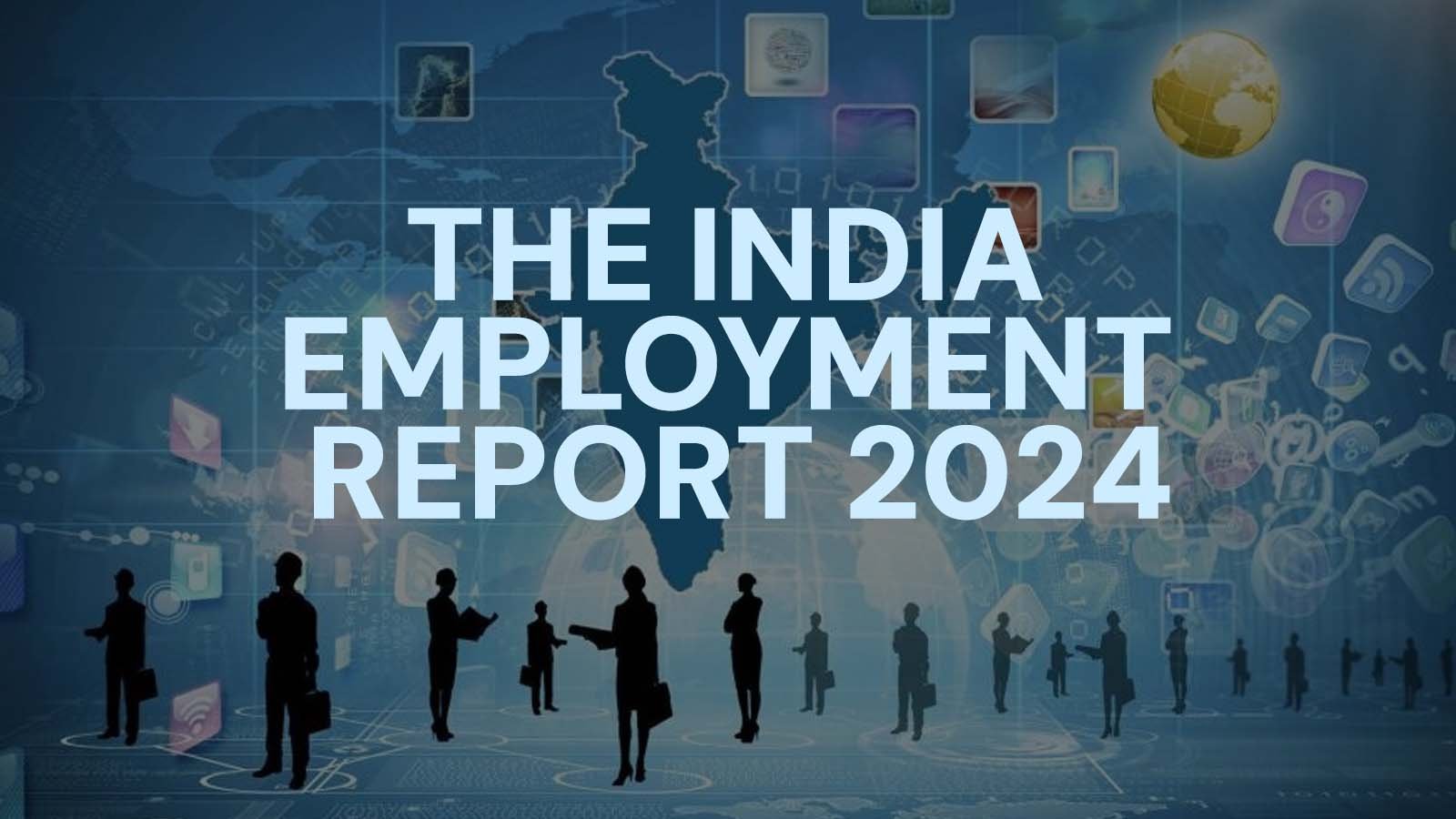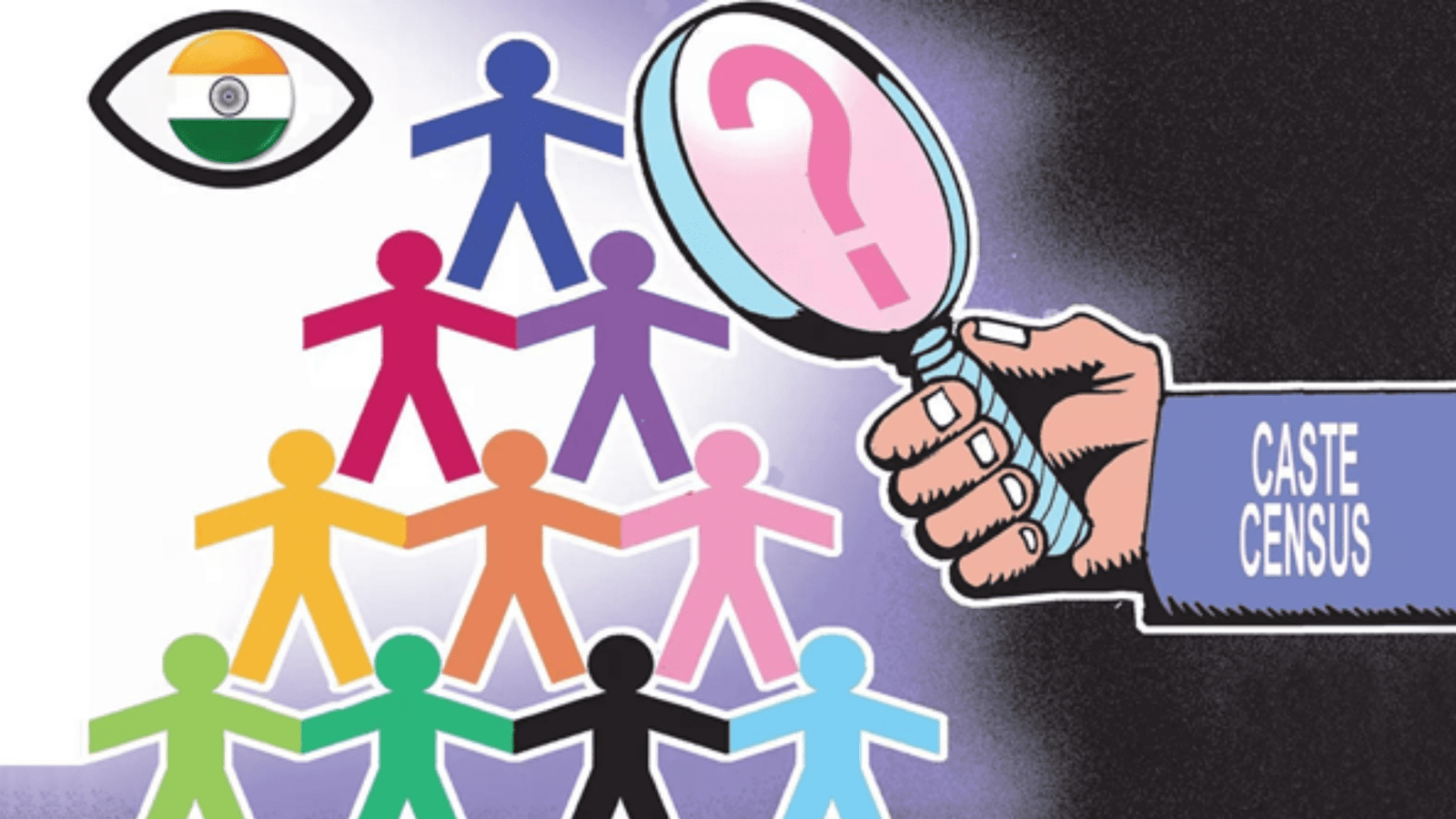
The News:
A multi-party delegation of politicians led by the Bihar Chief Minister met the Prime Minister to press the demand for holding a caste based census in the country.
History of Census:
Every Census in Independent India from 1951 to 2011 has published data on Scheduled Castes and scheduled tribes, but not on other castes.
History of Census:
Before that, every Census until 1931 had data on caste. In 1941, caste based data was collected but not published due to the ongoing WW2.
In the absence of such a census, there is no proper estimate for population of OBCs and others.
Sociological analysis:
Christophe Jaffrelot writes in favor of caste based census stating that it would provide up-to- date evidence that would help analyze the accomplishments and limitations of reservation policies.
Mary E John asserts that by not including caste in census, India would be harming its ambition of annihilating caste as caste census have the “potential to be the beginning of the end of caste.”
NancharaiahMerugumala writes that caste census is the need of the hour; otherwise caste wars for quota benefits will become inevitable.
Satish Deshpande, replying to critics who claim that India will never be able to rid itself of the ghost of caste hierarchy if we keep counting it, writes that caste is not an exception, but the norm in India. The Hindu caste system rules every aspect of social and economic life in the country and thus there is a need to take it head-on rather then turn a blind eye to it.
However, the complexities of collecting data on caste are highlighted by R B Bhagat, who points out that John and Deshpande do not consider the impact of linguistic differences, migration and inter-caste marriages on the enumeration of caste. Sonalde Desai writes that there is need for planning a new system to enumerate caste.
VK Natraj questions the purpose of determining the number of citizens from the backward class, given that the state is no longer the leading employer in the country. He doubts the premise that enumerating caste would help formulate government policy.
Ratna M sudarshan also arguing against the need for caste consensus for improving policy believes that numbers from local levels, not caste census, would help administrators work out more effective strategies.
Nandini Sunder writes that the complexity of the problem is highlighted by the fact that there is no easy Left-Right division on the issue. Both Left liberals and upper caste Hindu Rightists agree on not enumerating caste, the former because of their vision of a casteless society and the latter because a caste census would show up the inequality and destroy the image of a monolithic Hindu society.
Yogendra Yadav points out that the critics of caste census are those who oppose reservation and the supporters are caste census are the ones who support positive affirmation.
